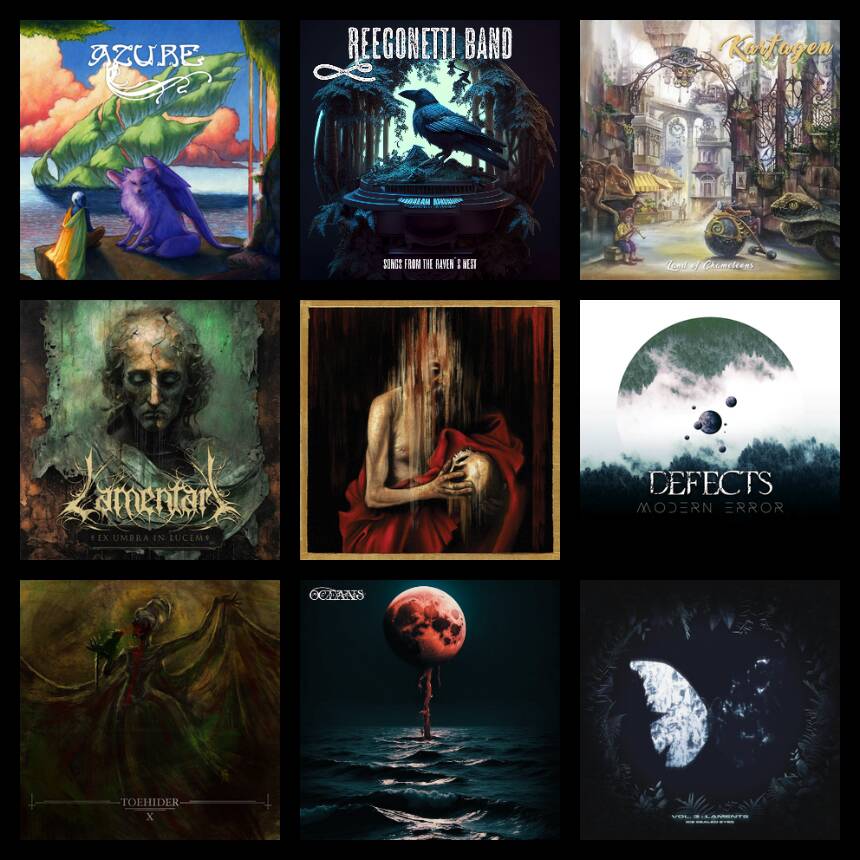
Interview with The Hirsch Effekt’s Nils Wittrock
Always pushing boundaries of their eclectic genre fusion, The Hirsch Effekt‘s founding members Nils Wittrock (vocals, guitar) and Ilja John Lappin (vocals, bass) had met at Hannover University of Music, Drama and Media in 2008 to form the band, with 6 EPs and 6 full length albums to show for it. Aside from change at the drums, with Moritz Schmidt joining in 2013, their line-up has remained remarkably stable. Describing themselves as Artcore, The Hirsch Effekt’s sonic landscape spans a tremendous range from crushingly heavy barrages down to exposed and vulnerable, mellow intimacy.
After a headline tour on the back for their latest album “Urian” (2023), they are currently touring Europe in support of Caligula’s Horse alongside Four Stroke Baron. The Progspace’s Bas caught up with Nils Wittrock ahead of their Munich show. After a candid chat about children, real estate projects, and other “real life” topics, they dove into the imaginative artistics of the music.
First of all, thank you for taking the time to talk to The Progspace again. Congratulations to your latest release “Urian”, which I think is a fantastic album!
Your previous album, “Kollaps” was a concept album, as you discussed with us last time. It was about “Fridays for Future”.
“Urian” seems to be a bit more broad. What is it about?
Well, now we have finally arrived at the age of crisis, after we described a big crisis in the last album. And also this feeling that it brings with it, that crises stack up on top of each other. And that’s why it’s a bit like an urian, an uninvited guest.
There are so many topics that are in the room all the time like an uninvited guest. While we were sitting here, we’ve just talked about a lot of things, as far as our private life is concerned. We’ve actually always left out the bad topics.
I don’t know about you, but at some point in the conversation, we briefly came to the subject of the Ukrainian war. But that you still have all these things in the back of your mind, that all this is still happening at the same time. Now we also have the war in Gaza.
“Urian” is not a concept album like “Kollaps”, but that’s a bit of an idea of how we might get the whole thing under control.
Maybe also in contrast to the few decades before, when it was actually relatively quiet in the world. And now there’s so much critical stuff coming up, and it’s hard to weigh it all at once.
Yes, exactly. The pandemic also affected us as a band, and thus also affected us personally, because it also affected many other professions, but our profession as well. Of course, that also did something with us.
And then we all notice how we are also a bit disillusioned at the same time and no longer have the strength to deal with all these issues at the same time. Like I did when we wrote “Kollaps”, and I also fell into this topic of the climate crisis and participated in demonstrations. And I also notice that this pandemic has cost us so much strength that we now need a few other things.
And how do you deal with it? How do you deal with these crises that stack up and make it more and more difficult to bear? How do you find a way out of it? And how do you deal with your everyday life at the same time? That’s why there are songs like ‘Urian’, ‘Blud’, or ‘Otus’, a very personal song by Ilja, which describes his loneliness during this pandemic.
Then there are songs like ‘Stegodon’, which show that life goes on more clearly at the same time. At least one in the band does this normal thing to give birth to a child and at the same time worries about the future. This is something like ‘2054’, where it’s all about how this generation, the generation in which my child is, will live on this planet in 30 years when I’m 70.
And yet you have these normal feelings, like everyone has, these normal everyday parents and whatever. And that somehow exists next to each other. That should be the answer to the question.
Makes sense. You have to deal with the challenge to simultaneously master this everyday life that is directly in front of you and lies around you and you have to deal with these big topics. Your latest release, the EP “Solitaer”, was written by the three of you separately.
How was it with “Urian”?
It’s a little different with every album. We did some songs together in different constellations. It’s somehow established for us that we do a vacation at some point and see what kind of material we have, and then see how we deal with the material in the vacation house. It can be very different.
‘Stegodon’, for example, is a song that was a guitar riff or a chord sequence. With another idea from Ilja, we made this song like a band in the rehearsal room in the vacation house. Then there’s a song like ‘Urian’, which is a guitar riff of mine.
We sit together at the computer and program drums to it, which Moritz has to learn later to record it in the studio. Then there was ‘Agora’, which was also a guitar riff of mine. Ilja added bass, and we developed a chord sequence in the vacation house.
I sang to it later. Two songs, ‘Otus’ and ‘Blud’, were written by Ilja alone. Everything else is a collaboration in different ways.
‘Stegodon’ – what’s it about?
It’s about your own offspring. It’s a song we wrote together.
It’s based on an idea by Ilja and an idea by me. We made a very pop song out of it. It was at a time when my offspring was relatively fresh.
We always wrote about things that concerned us personally. I wrote to my colleagues that it was the king’s discipline to write a text about my own kids that wasn’t cheesy.
I think I did a pretty good job. It’s nice that my bandmates didn’t say it was too cheesy. In fact, we changed the lyrics at one point. They even used the term “daddy rock”…
I’m happy that it resonates with people like you. It shows that people who listen to heavy music still have those feelings. They might be happy that it’s not just Sarah Connor, but also Nils from The Hirsch Effekt.
How is your relationship to song structures? You don’t necessarily do verse-chorus stuff. How do you approach song structure?
For our standards, “Urian” actually kind of follows some. ‘Stegodon’ has a bit of a typical structure. There are verses, a chorus, a c-part and a chorus. The c-part is way too long for a radio song.
But we sometimes try to make a song that really feels like a song. But there are also songs where we try to pay attention to the atmosphere and build it up. I can only judge ‘Otus’ from a distance because Ilja wrote it alone.
But I think it’s a good example that slowly builds up. I think this song works especially well in this album context. You have an opener, ‘Agora’, which is an acoustic track, a little thoughtful, and then there’s this long song that builds up and introduces the band.
It’s actually the first song that introduces the whole band on the album. Song structures aren’t always that important for us. It’s often the atmosphere that’s more important.
How did the album cover for “Urian” come about?
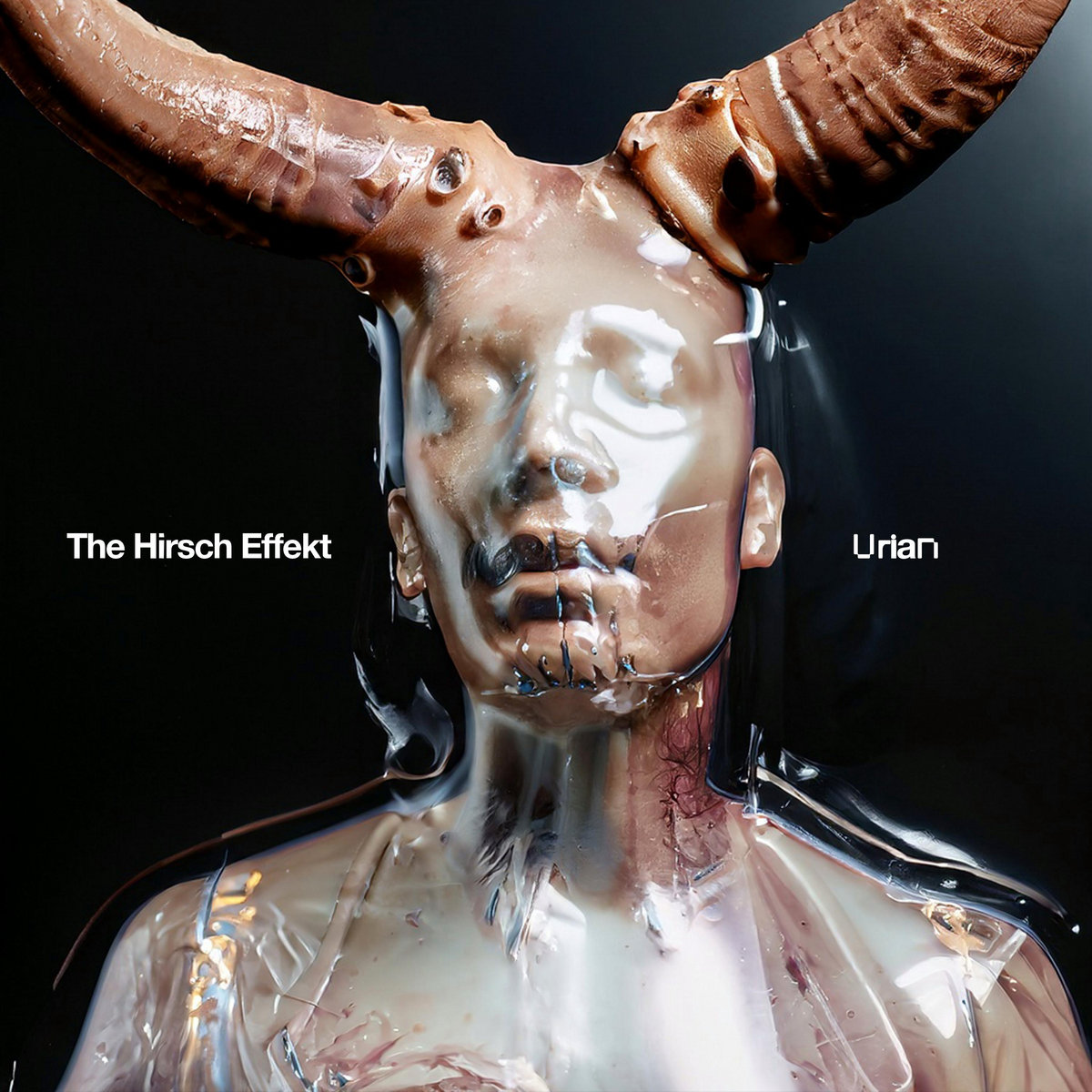
We’ve been working with an artist from San Francisco called Alejandro Chavetta. We’ve never met him in person. Our drummer discovered him and wrote to him. Since then, there’s been this connection. He always finds it funny when the German guys write to him.
He jumped on this AI-trip. He used to do collage-like stuff, which is also cool. Now he tried to do something like that. We thought it was good and it fit the album.
He had the idea to do it. That’s how it always goes. We explain to him what the album is about, and then he comes up with his own ideas.
You didn’t make any guidelines?
No. It’s more like a symbiosis. It’s a topping. It’s not like we want to do an album cover. We have an artist who adds something to the album.
It’s interesting. The “Urian” cover is very different from the other one. It’s interesting that it’s from the same artist. As a creative person, how do you look at AI?
That’s a difficult question. I’m here with someone who’s half as old as me [referring to their sound guy] that has a very different perspective from me. I’m not a digital native. During my youth, the internet came along.
I’m 40 now, and I was always annoyed by people who came to me and told me how much better it was in the past. For example, “digital amps are not as good as real tube amps”.
Of course there are a lot of dangers. I can’t imagine it, but I’m afraid it will become more important and change a lot more. We all have our phones, and that alone has changed a lot.
I think there will be a big step, but at the same time I don’t have the competence to really see what it can mean. We have a fan community at Patreon, and they let an AI translate a song into Bavarian and it became a folk music song. I thought it was really good. I thought it was funny, and we should learn it and play it.
I’ve been on a boating trip with some of the Patreons; a lot of people work in IT, and they told me that one of the trainees was programming with ChatGPT, and that they could tell by reading it – because no human would program it like that.
And if you want to know if I’m afraid that people only listen to AI music, I have to say that I’m not afraid of it. It’s not like a lot of people listen to my music. And I think it’s great that people go to a concert because they want to experience this music that did something with them.
Maybe they want to see the person who composed or interpreted this music to experience it in a different way. I think it’s about the people who want to celebrate this music that they hear. There’s always a kind of identification.
I have a text or music and I interpret something; I think there’s someone who feels like me and I can identify with it. I go to a concert to experience it on a different level – to see the people, how they interpret it. I don’t think that an AI can reproduce that.
You could just listen to a music recording, it’s perfectly reproduced. But you go to the show because you want to experience how it’s created in front of you.
I can imagine that there are more and more bands that get their riffs written by an AI. But I’m not afraid of that.
In your box set for “Urian”, there is a USB stick with a text adventure. How did that come about?
That was my idea, and I have to admit that I thought it would be a bit better than it actually is. I don’t know how many people actually played it, but I thought it would fit the nerd zeitgeist of our fans. But I have to admit that I didn’t get a lot of feedback.
I scripted the text adventure myself, not that I programmed it. I did it with a tool that you can use to script a text adventure. I thought it was a funny idea.
I’m listening to a podcast about retro gaming, and I’m too young to have access to a text adventure. I thought it was something funny I could implement myself. That was the idea behind it. But I’m afraid it didn’t quite work out.
It’s definitely original!
I don’t know anyone who has it. We also don’t have a lot of people posting about it, “I’m playing the text adventure.” Maybe it was too special.
What’s next for the band?
The Urian tour is just over, and now it’s time for the support shows. We’re going to announce something else in the next few days that is in the pipeline. I think the band is doing well. The album tour was a really nice tour.
Right now we’re on tour with Caligula’s Horse and Four Stroke Baron. They don’t have a similar sound, but where there are overlaps, I think it works well. It’s also the first time we’re on tour with a nightliner! We used to have to drive ourselves.
You play support concerts in a completely different way. Our headliner shows are about 100 minutes long. Today we’ll only play 40. That’s something completely different.
Ilja on the road a lot more as a session musician. It’s nothing new for him to drive a nightliner. I don’t know if he’s happy about having to do it again this year at all.
That’s why you have to see it differently from person to person. But for me and Moritz, it’s a very refreshing experience with this band.
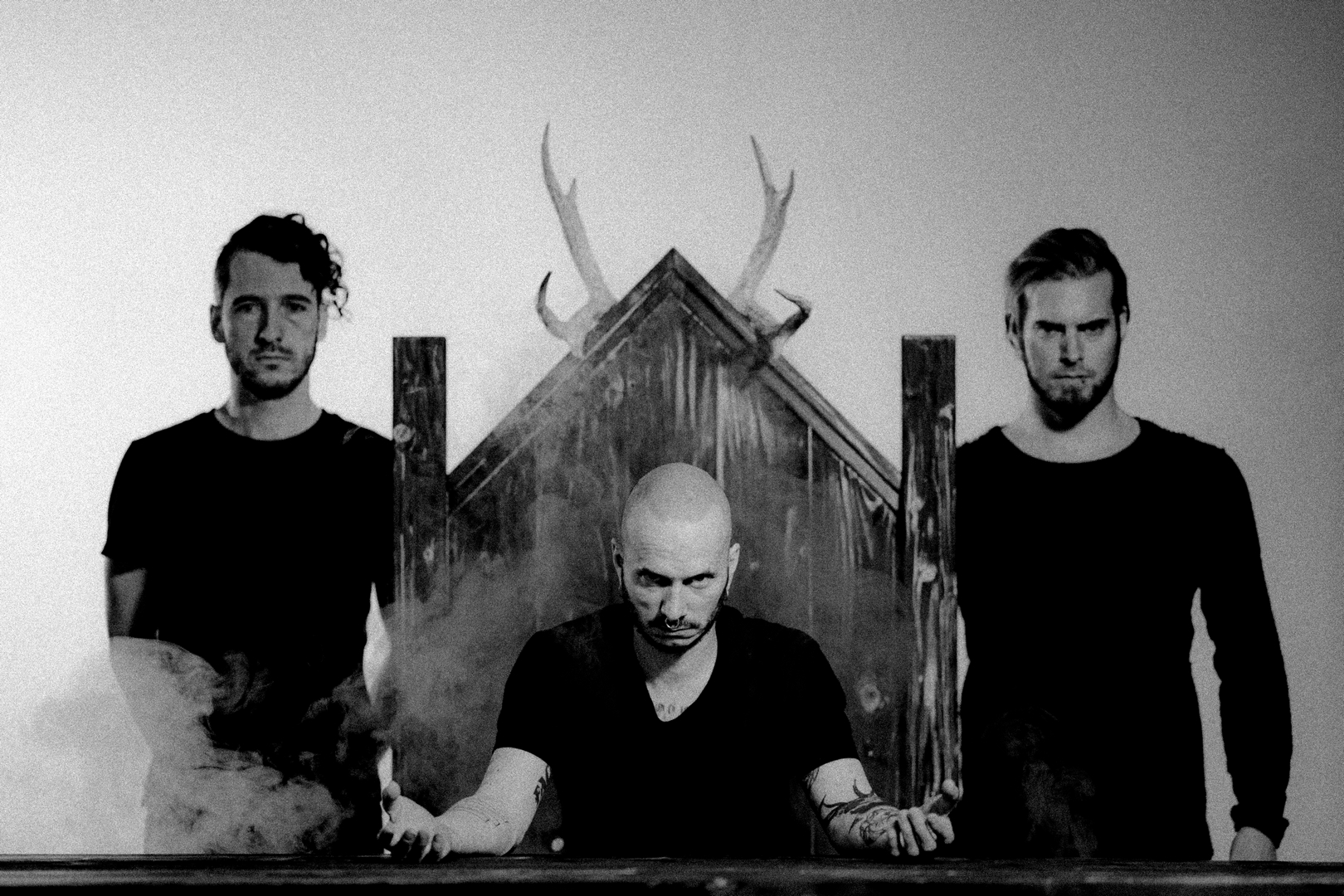
© Christoph Eisenmenger
Anything else you want to tell people?
I’m always happy when people somehow find access to our music. And I know that it’s still difficult.
And I can only recommend everyone to listen to an album of ours, preferably the latest one, from front to back, if you have time for it, or a long drive, or a long train ride, or whatever, just to immerse yourself in it.
But if I only listen to one song, without the others, then you don’t really know. You don’t get the context. That’s why we are a band that doesn’t make one sound, but tries to make this sound in all corners and ends.
For example, Meshuggah is a band that I really like, but every album tries to illuminate the Meshuggah universe, a single focussed idea. You hear Meshuggah and you know immediately, that’s Meshuggah!
Or you could send someone a song and say, that’s how Meshuggah sounds. That would be difficult for The Hirsch Effekt!
If I want to show Meshuggah, I turn on ‘Clockworks’ and everyone understands what it is. That’s great, but our goal from the beginning was to do it a little differently. Because we listen to very different music and had the desire to bring it all together.
Can’t you make a pop song and then a metal song and then a string section comes along? We started that in the rehearsal room with a loop station with some backings that we recorded in the music high school. That’s how it started.
But we didn’t know how hard it was to channel that and tell people that’s my band, listen to it.
With today’s short attention spans, I’m sure that’s hard. You almost have to be happy when people listen to the whole song instead of just the first 30 seconds.
It has developed into a disadvantage for a band like us. The attention span is even shorter. People write songs that are tailored to Spotify listening… I would tell people, listen to “Urian” front to back with your headphones on, if you can’t do it at a concert. That’s even easier.
Thank you for the insightful talk!
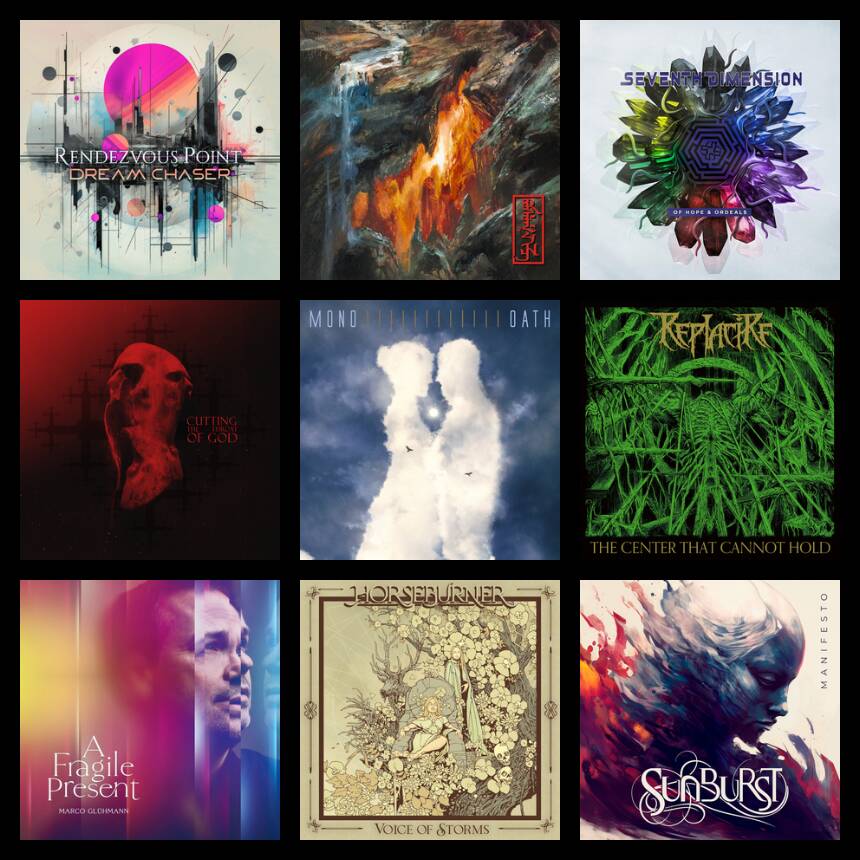
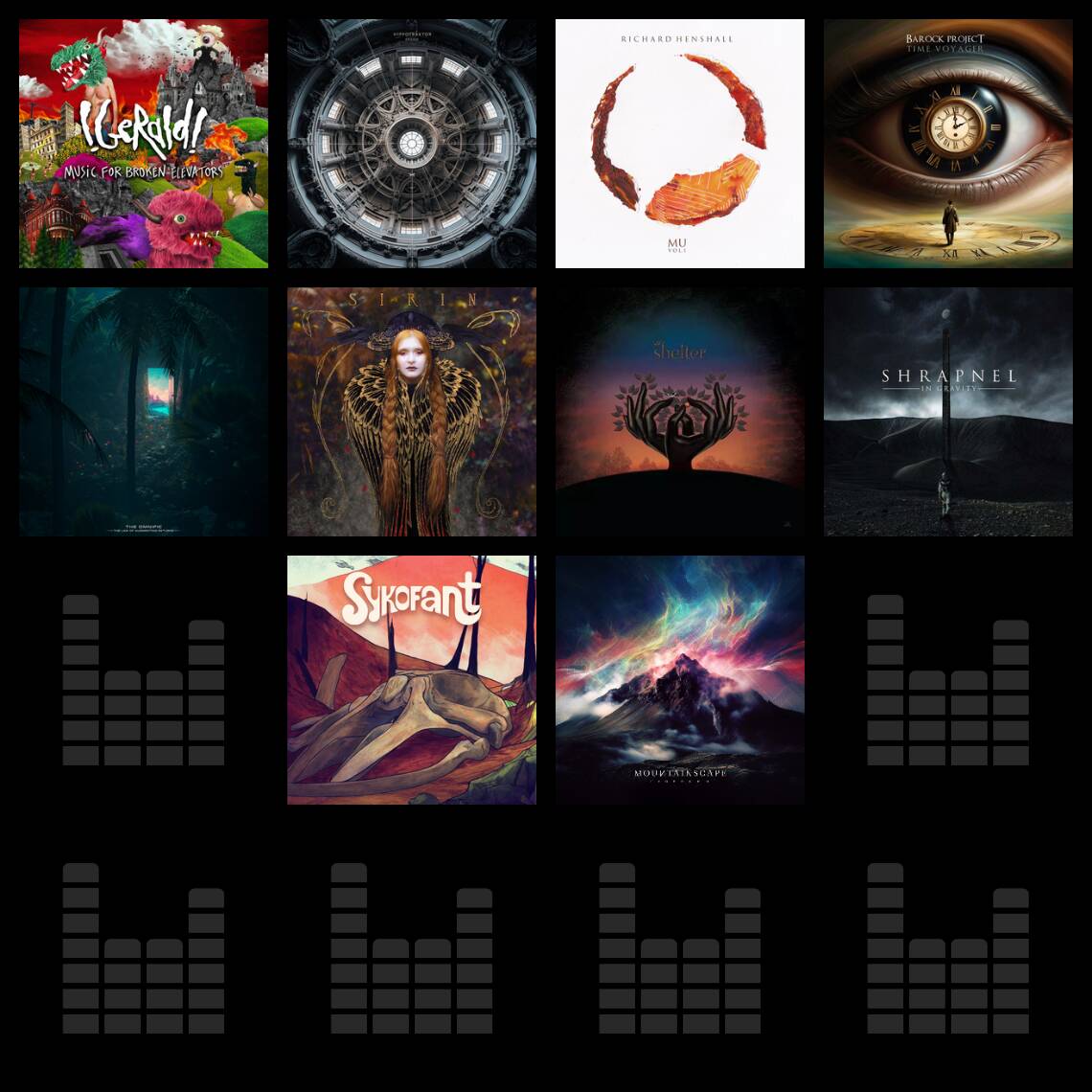
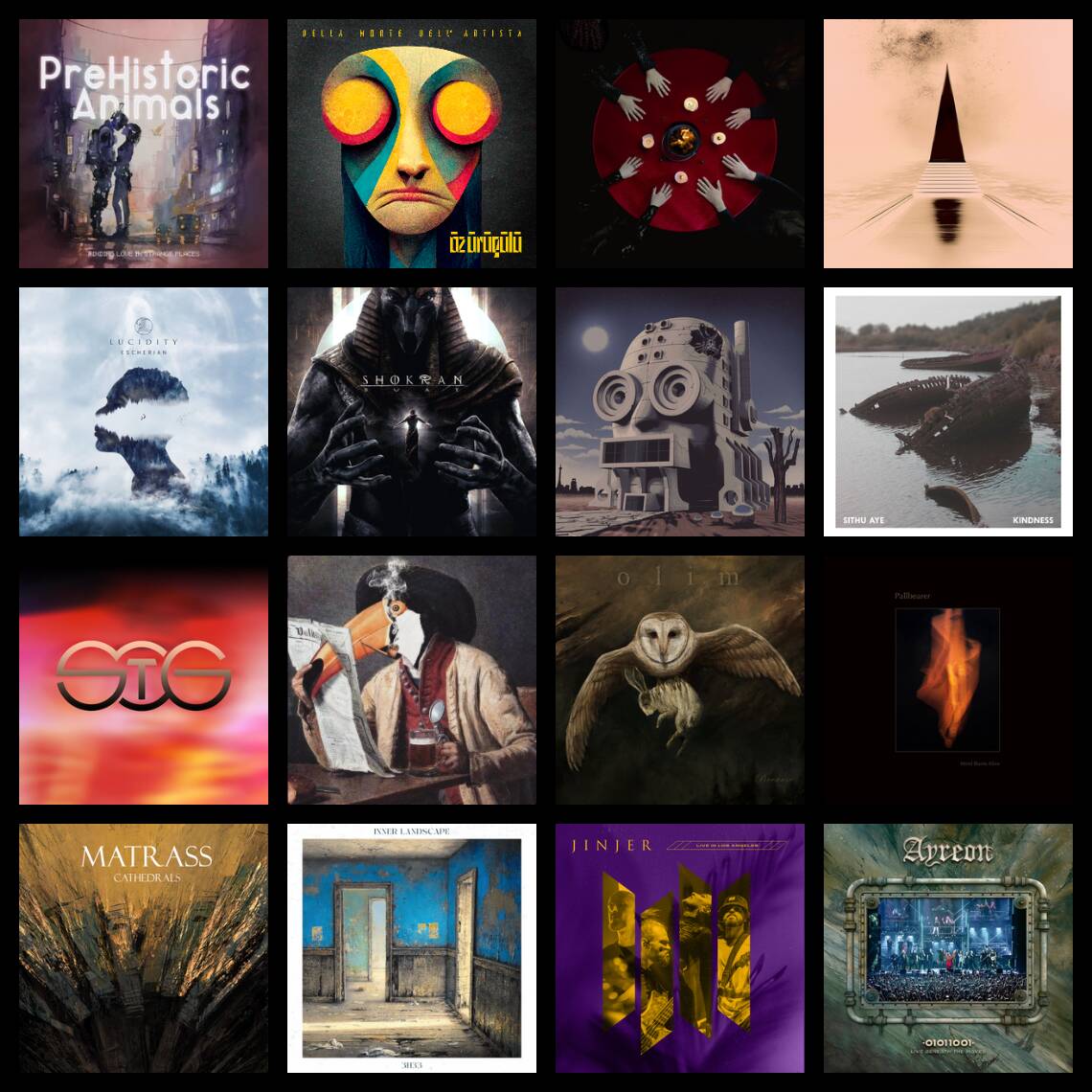

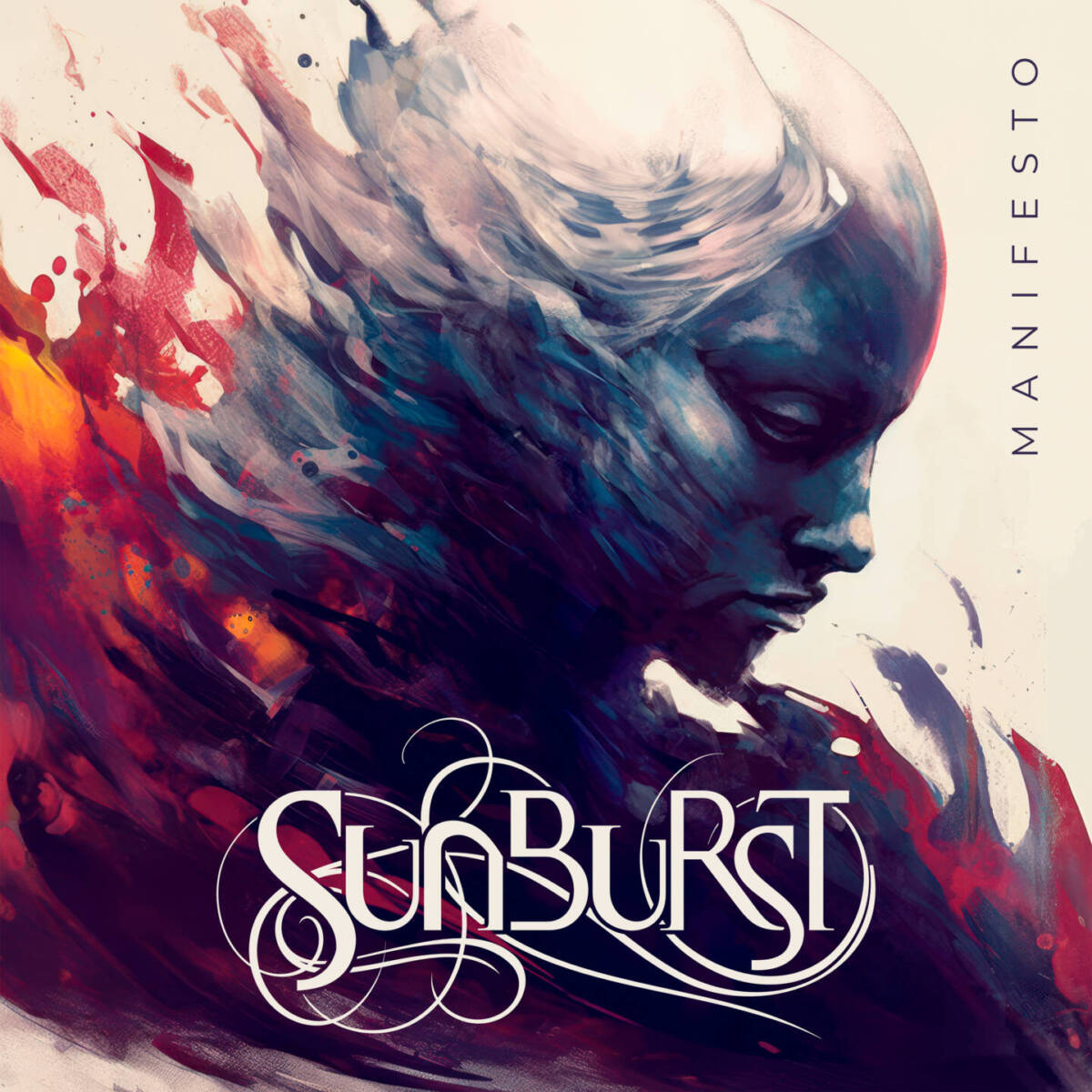
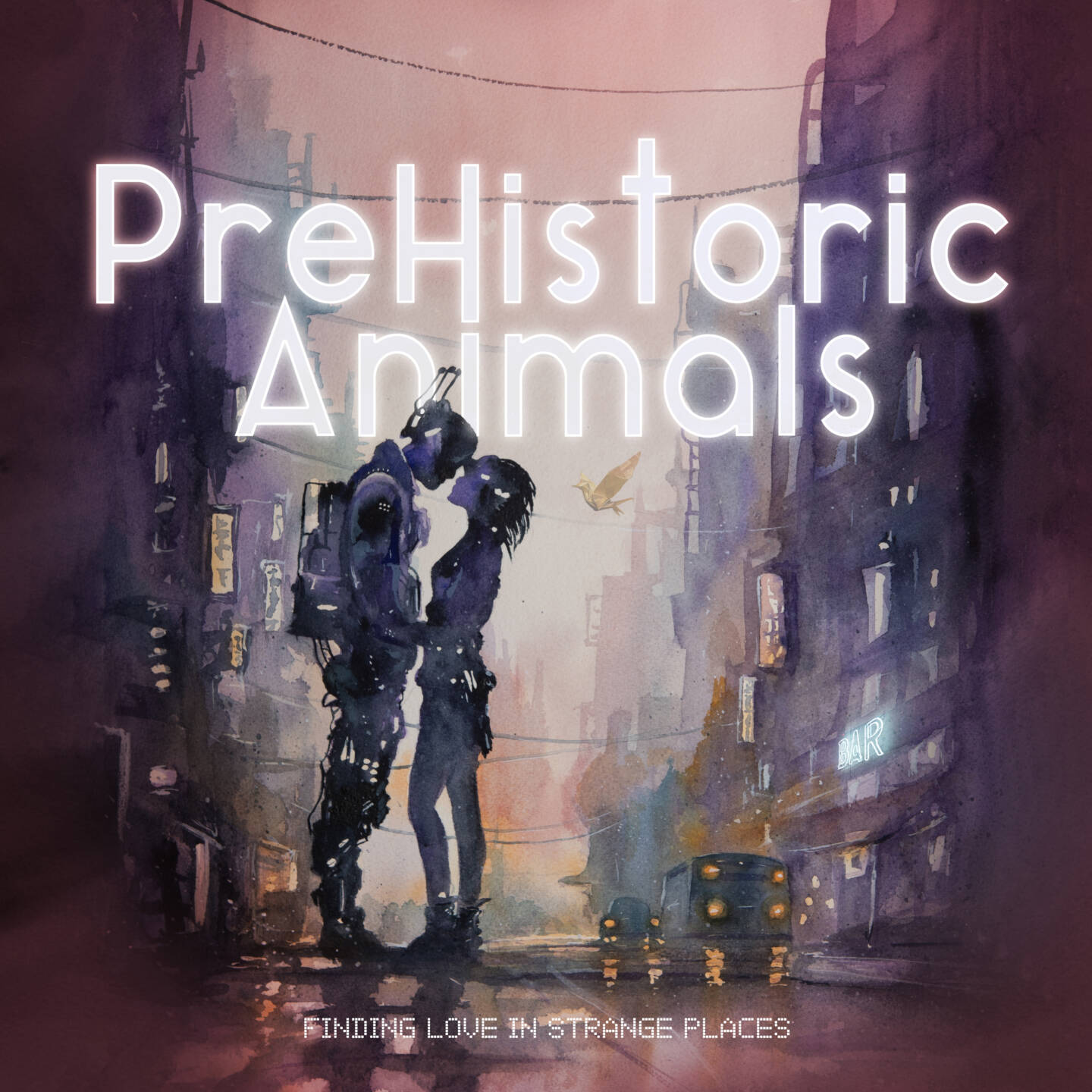

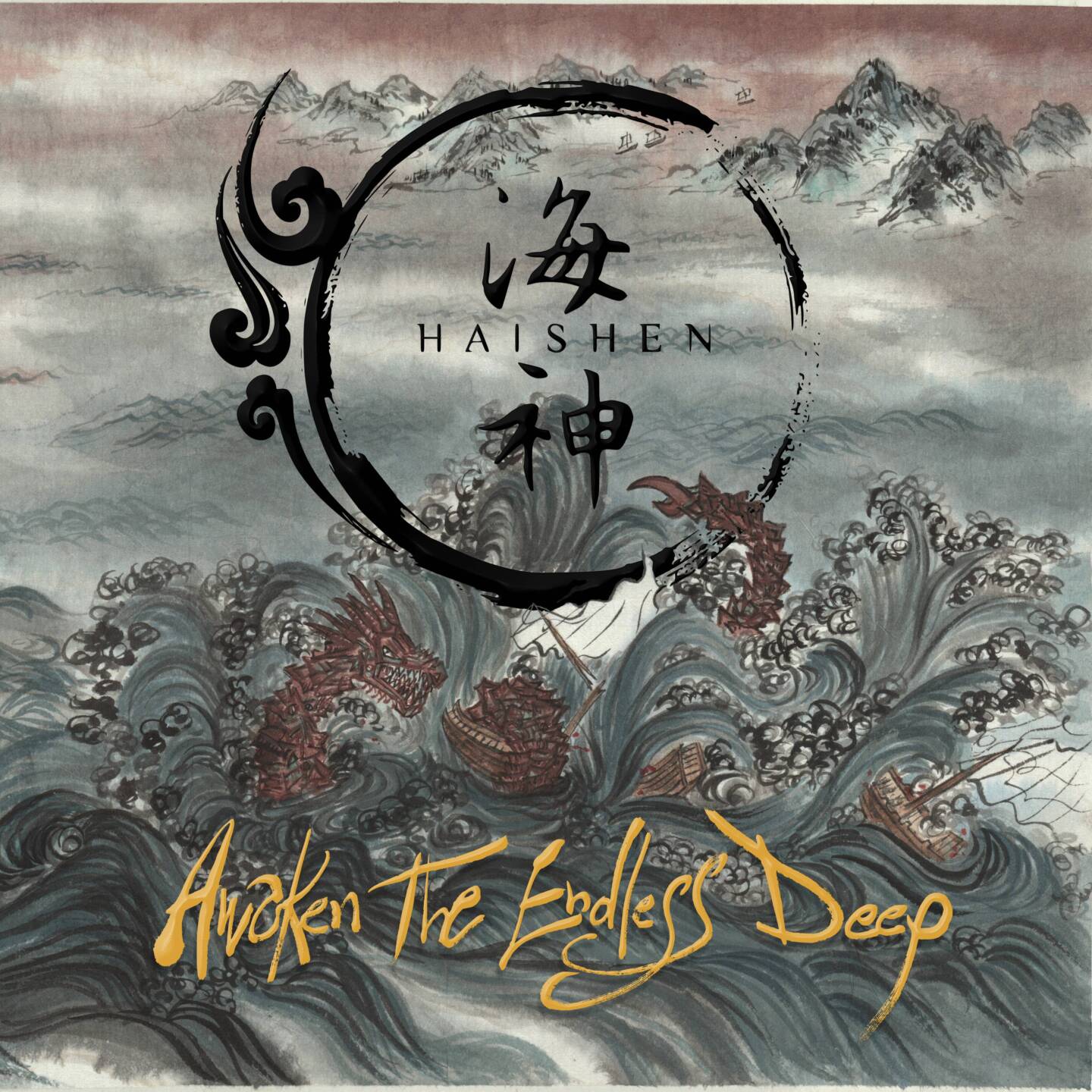
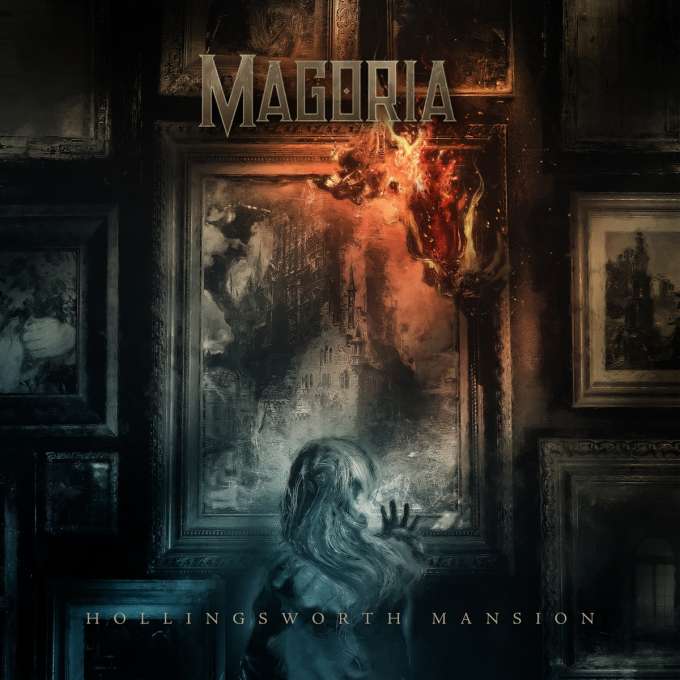
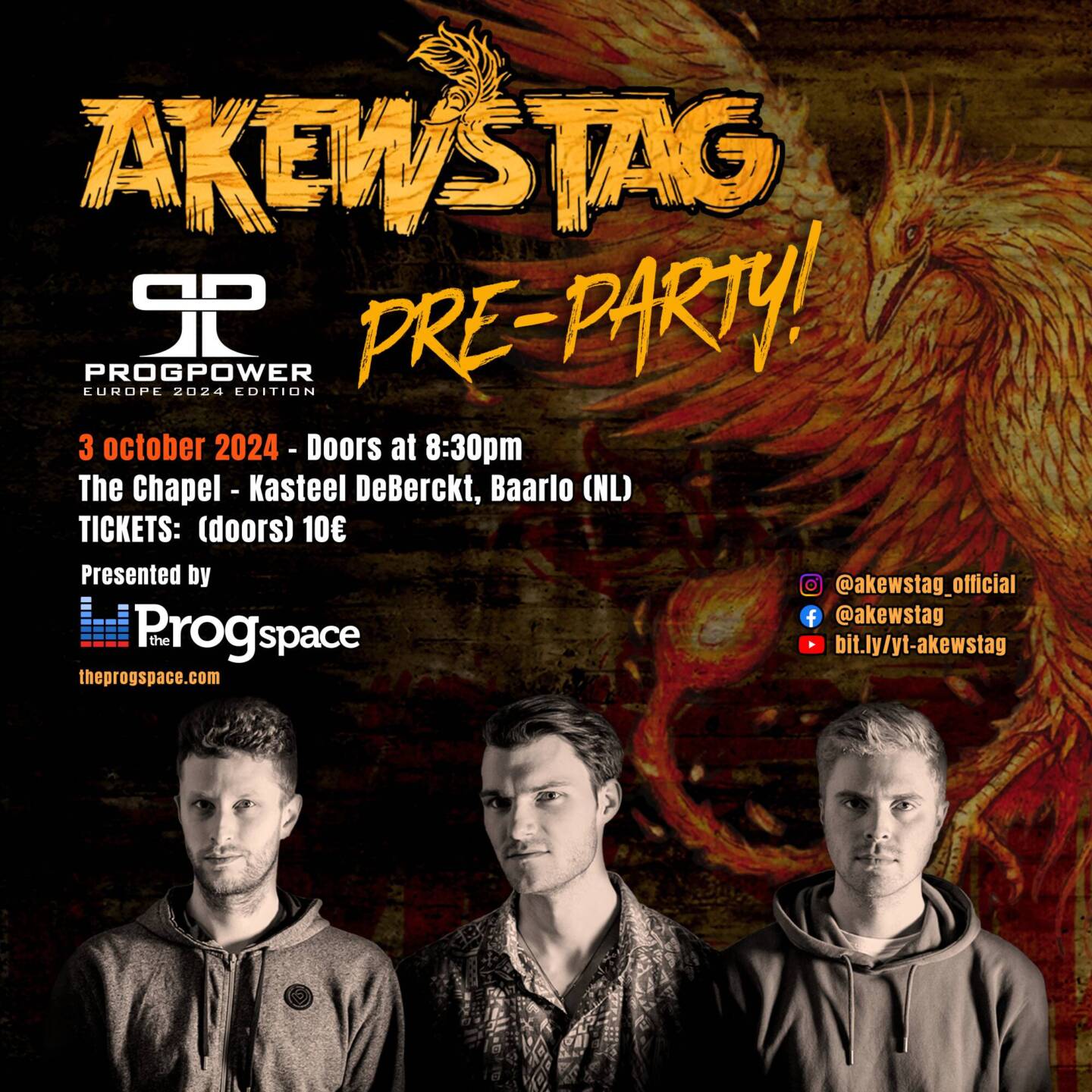
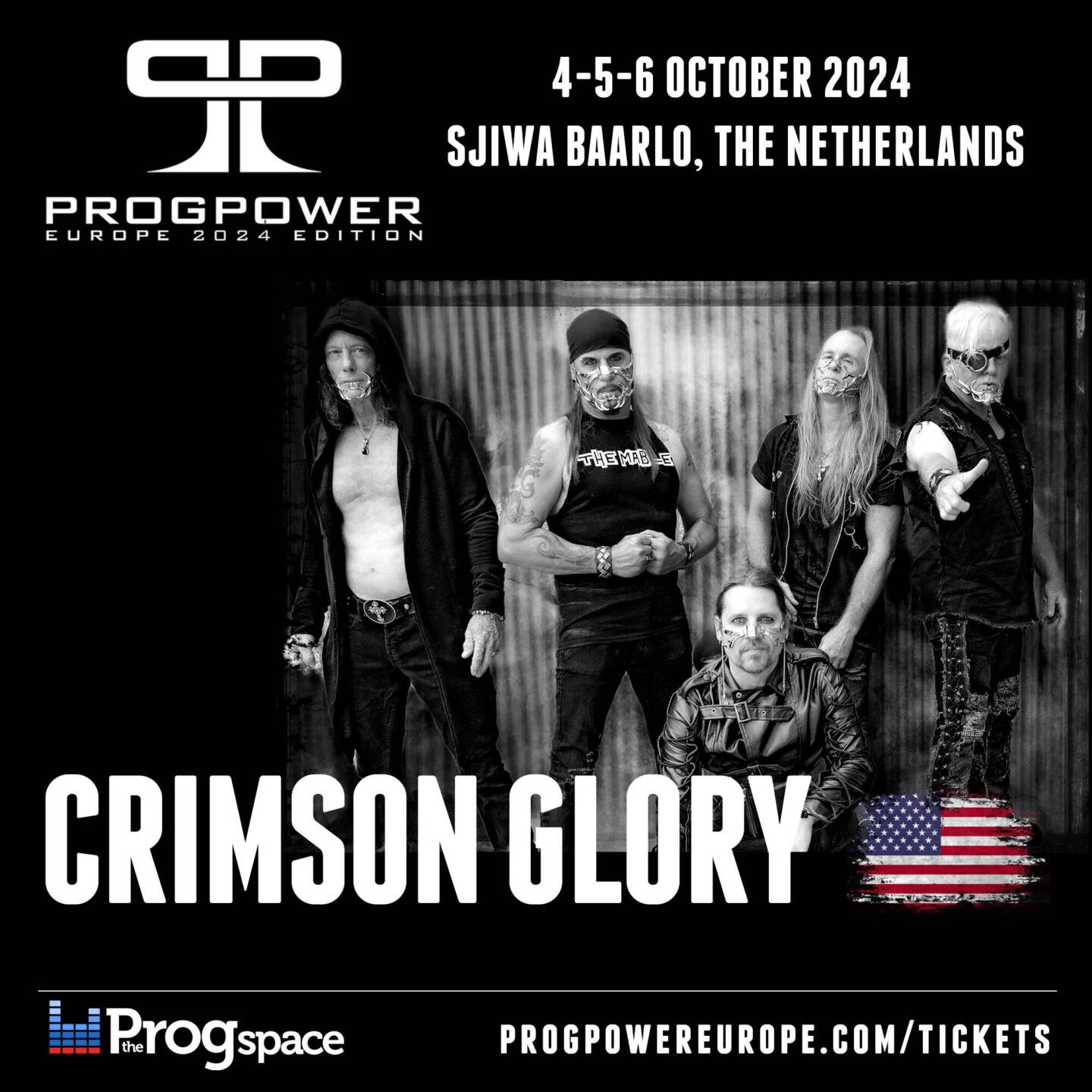
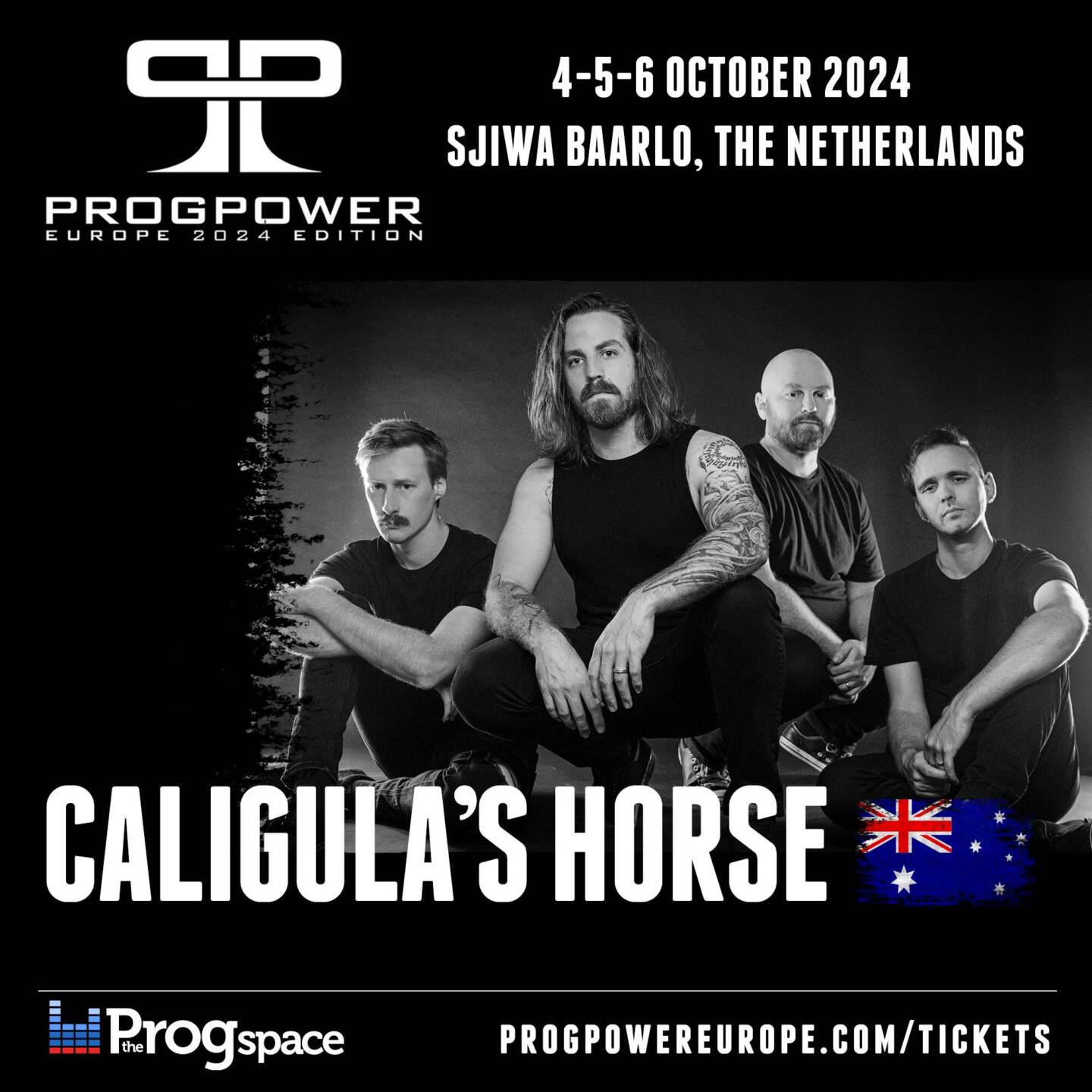
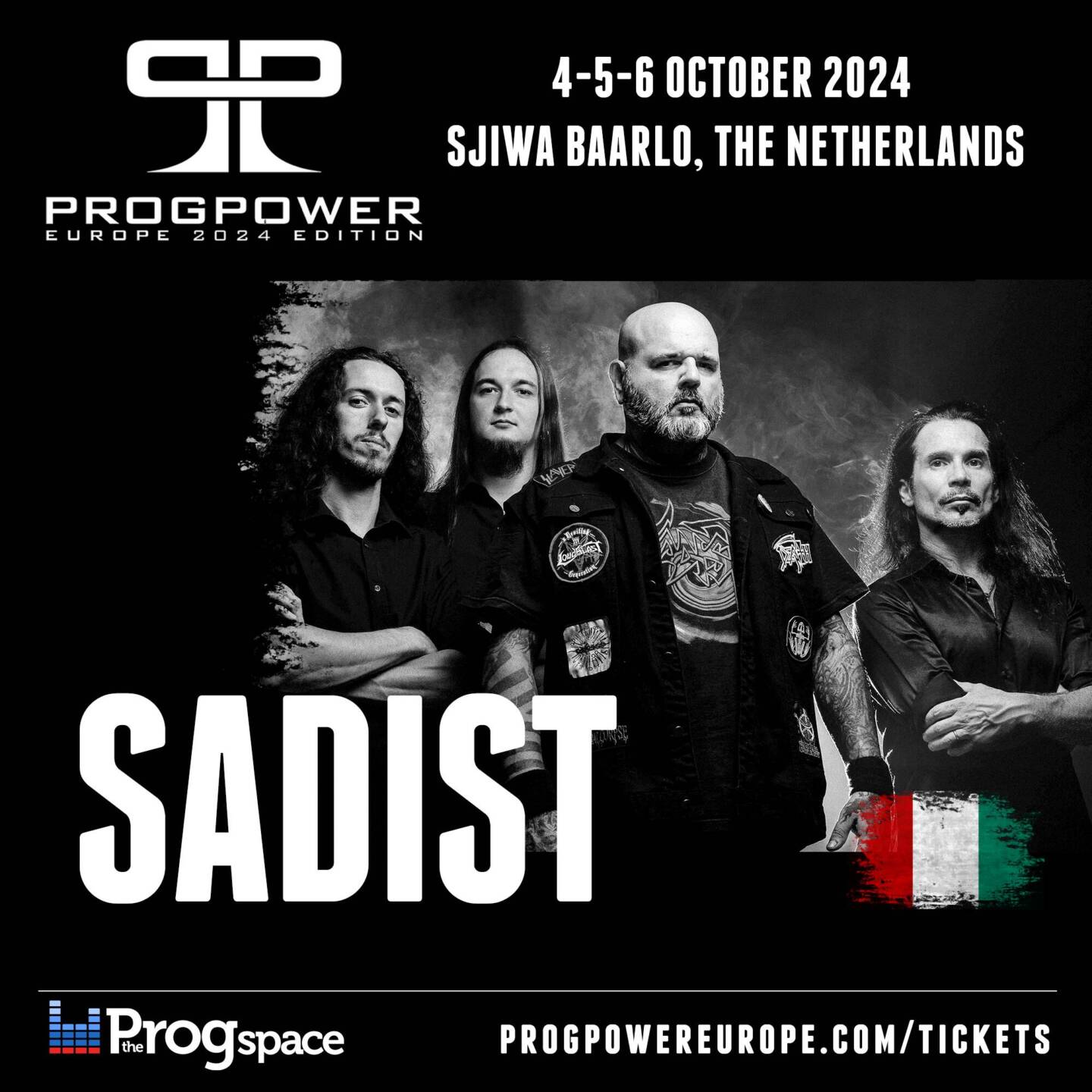
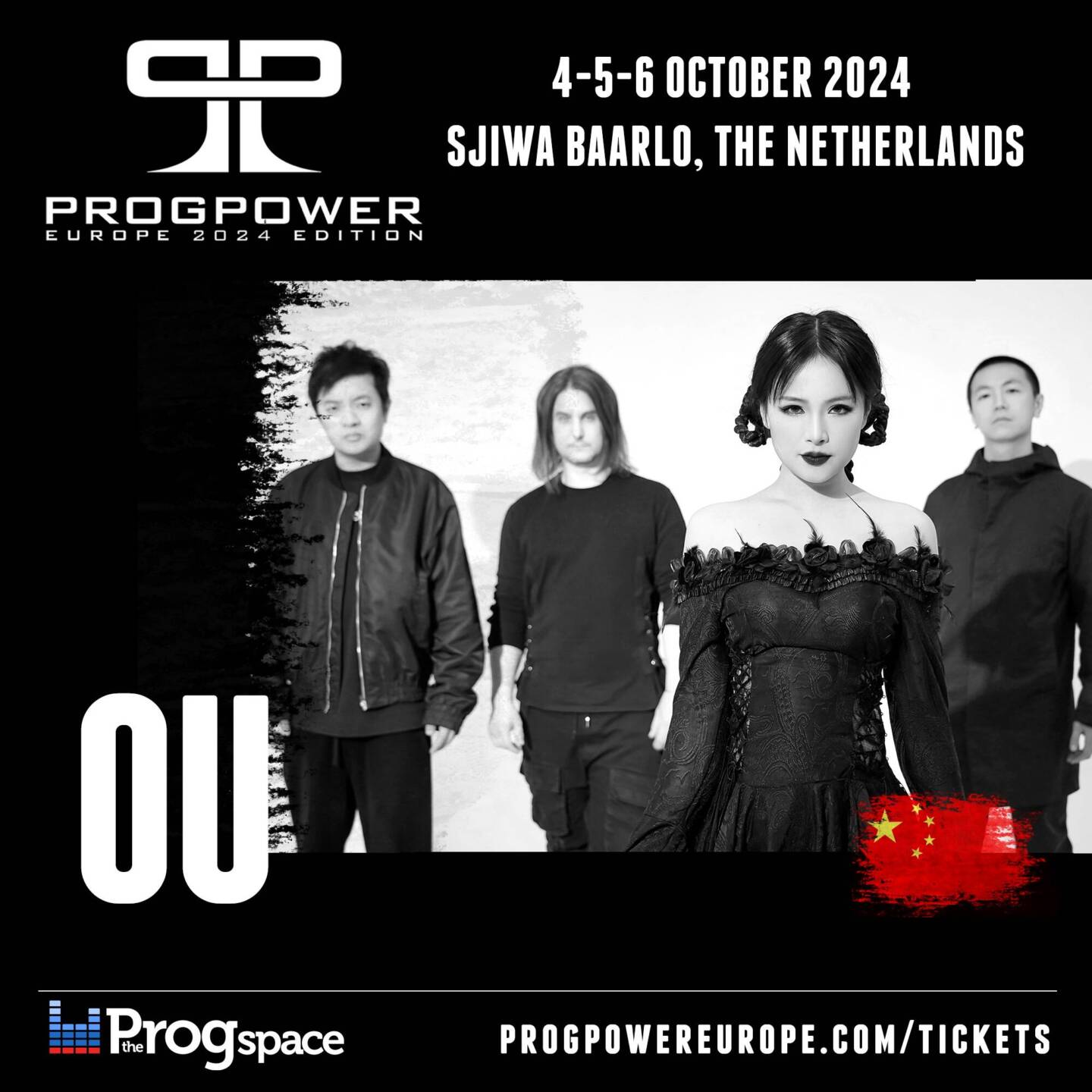
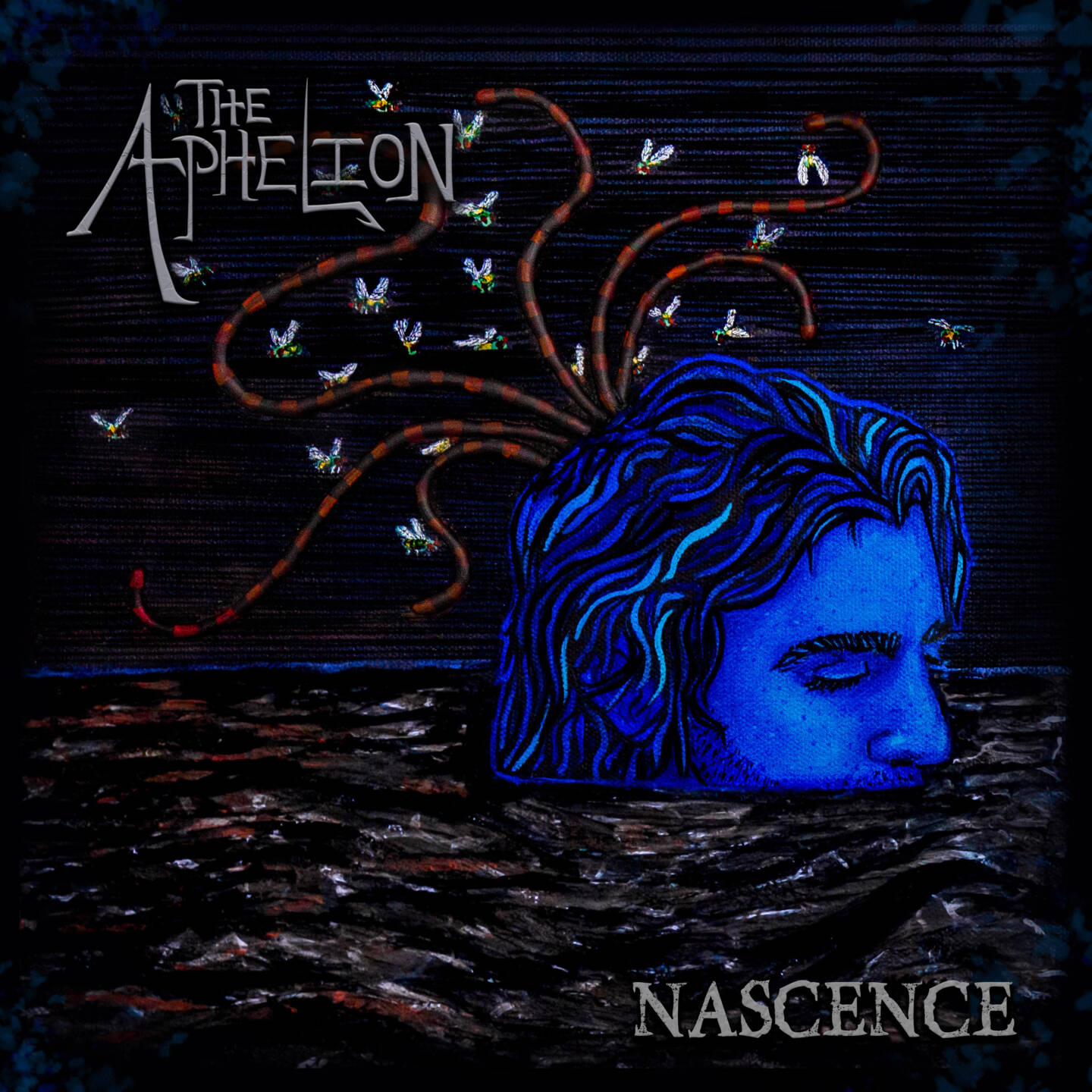
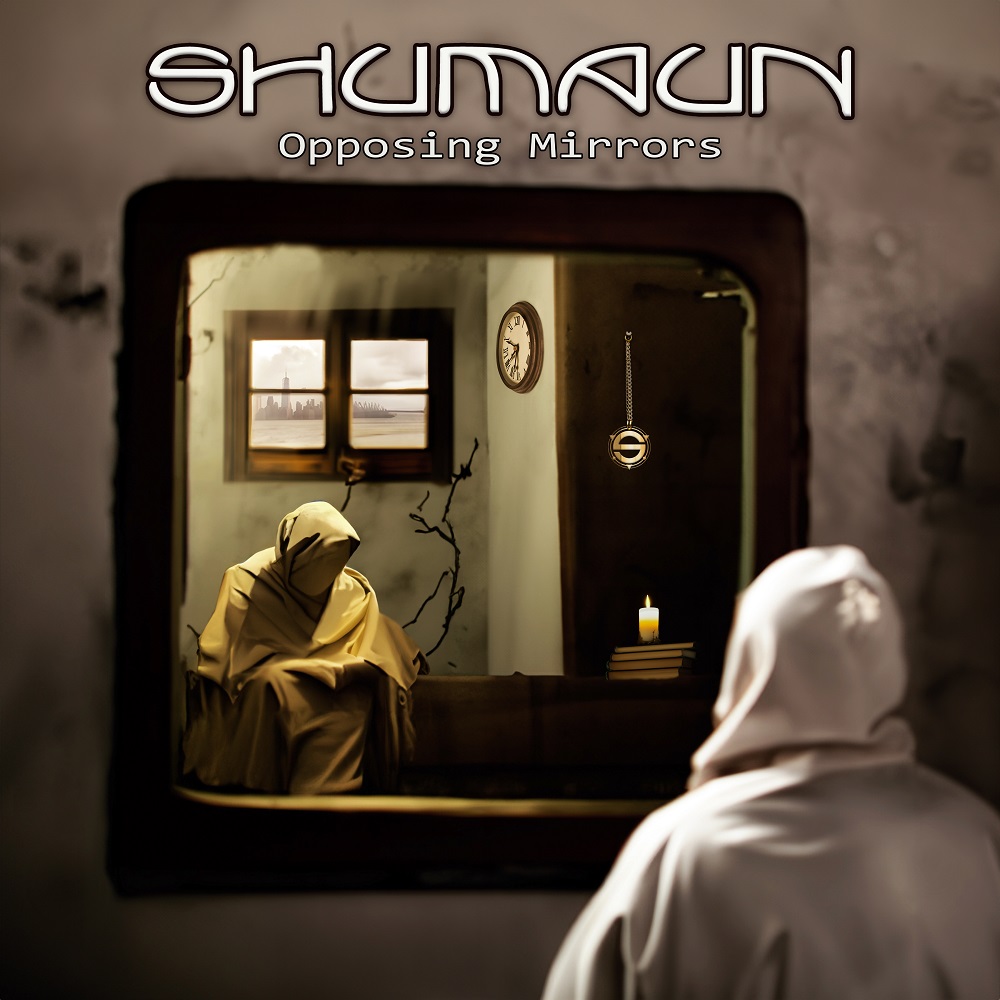
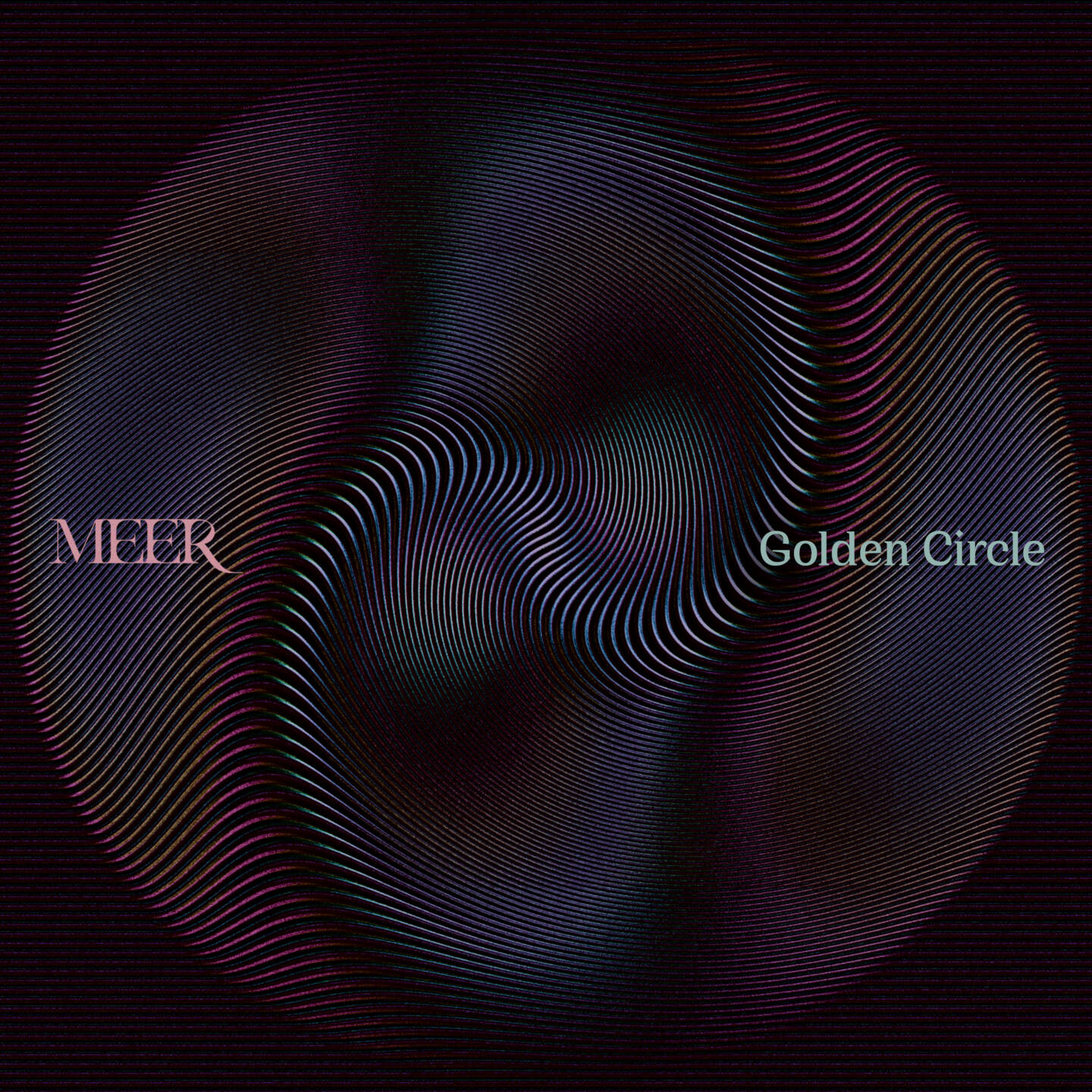
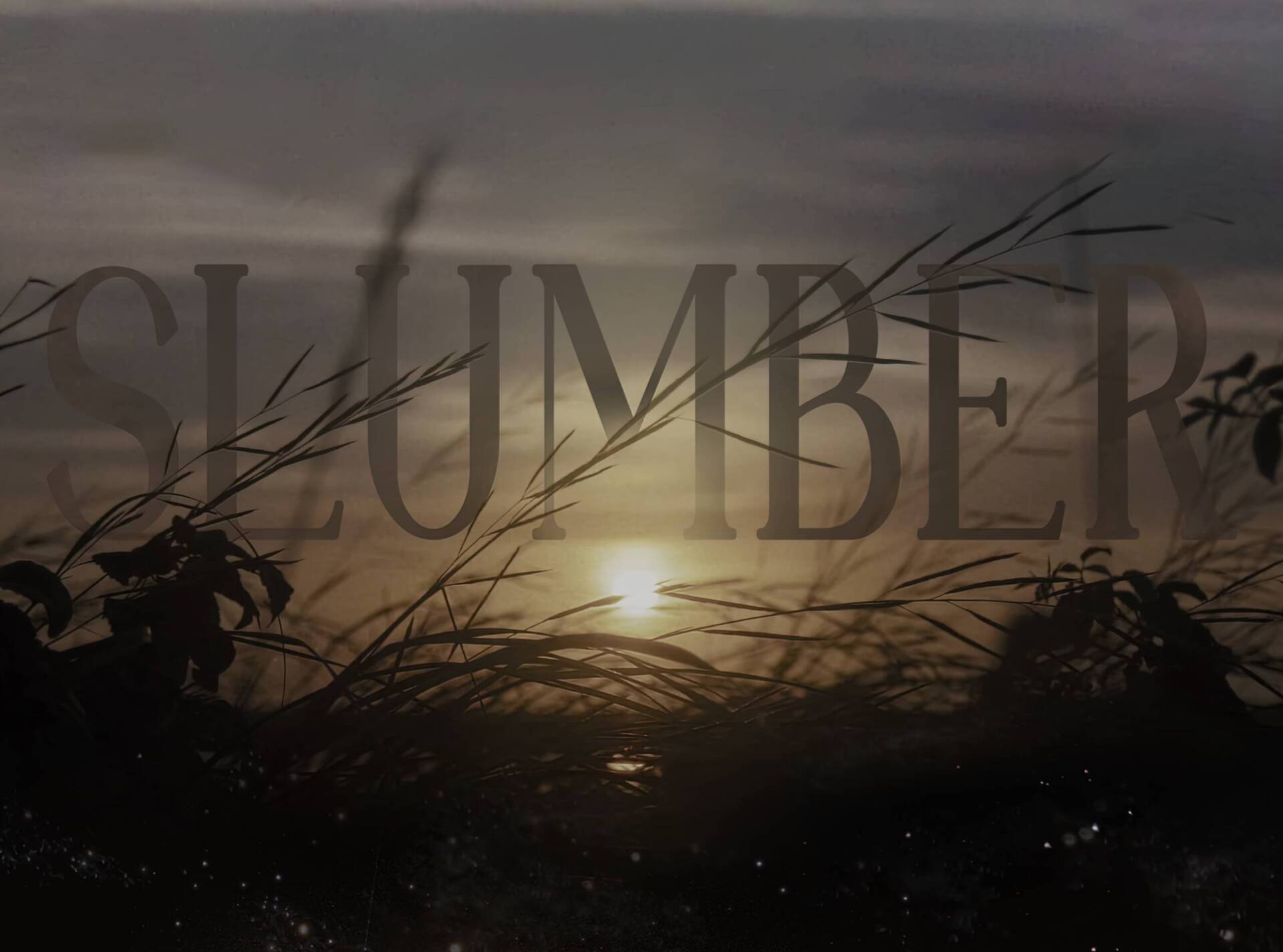
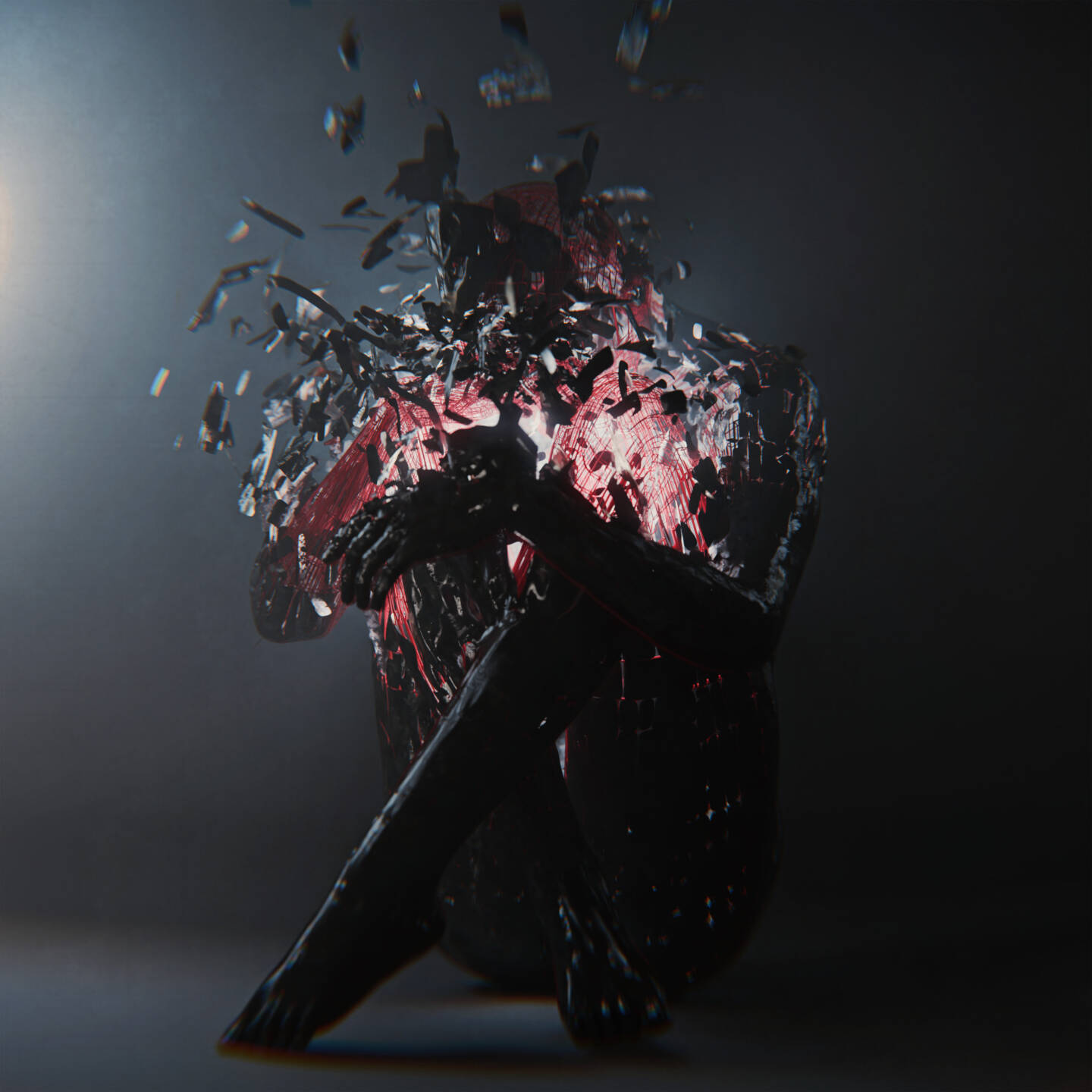
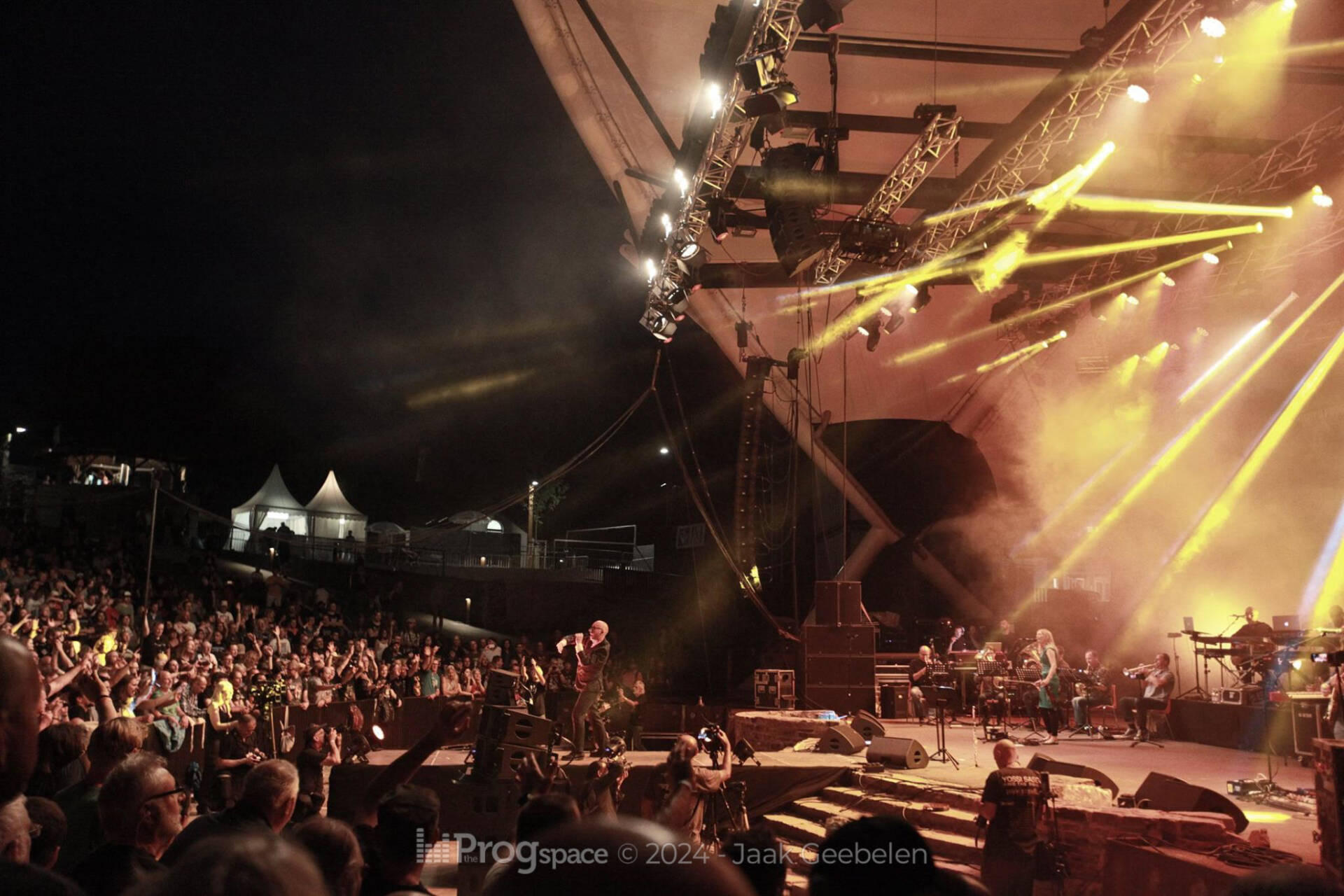



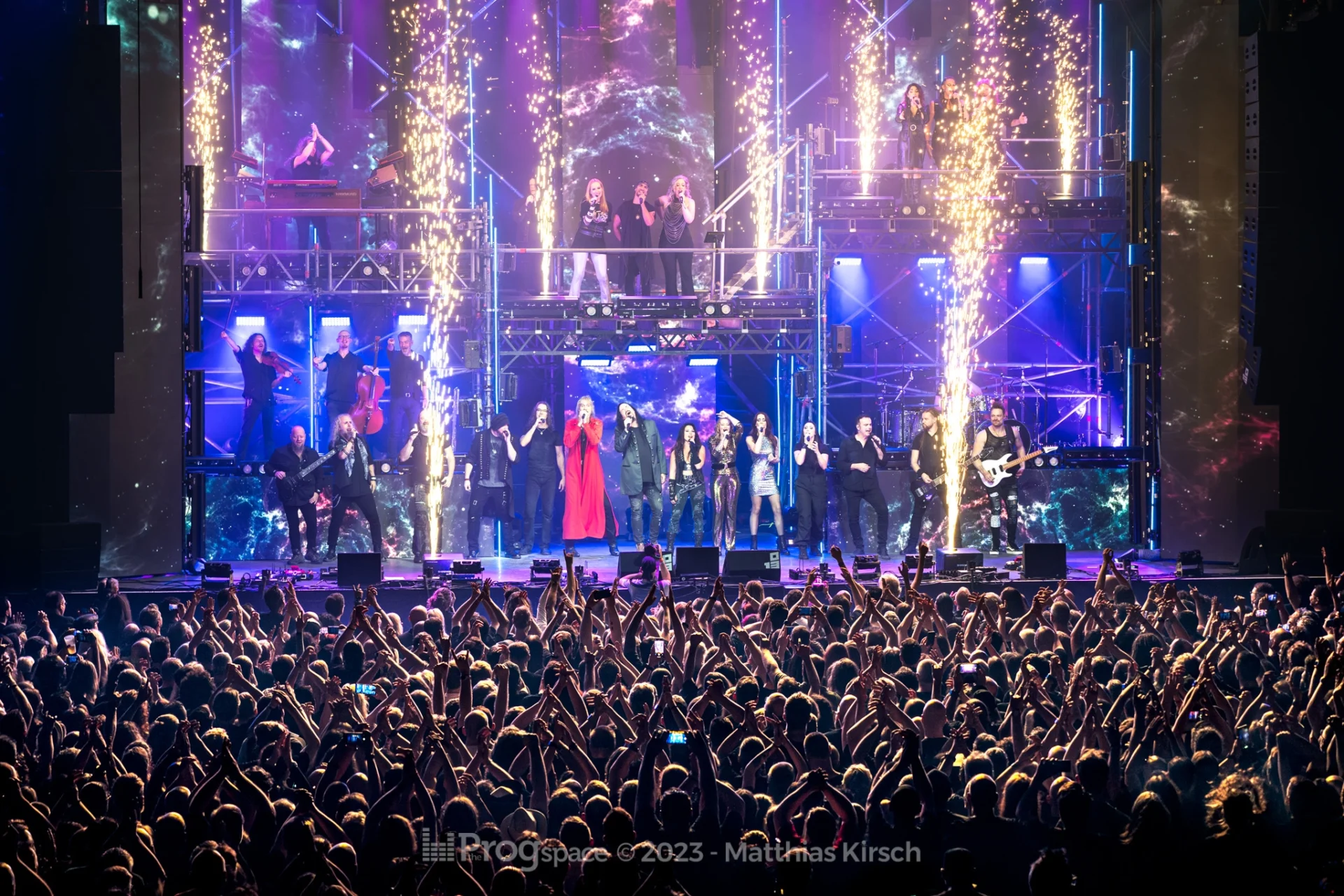
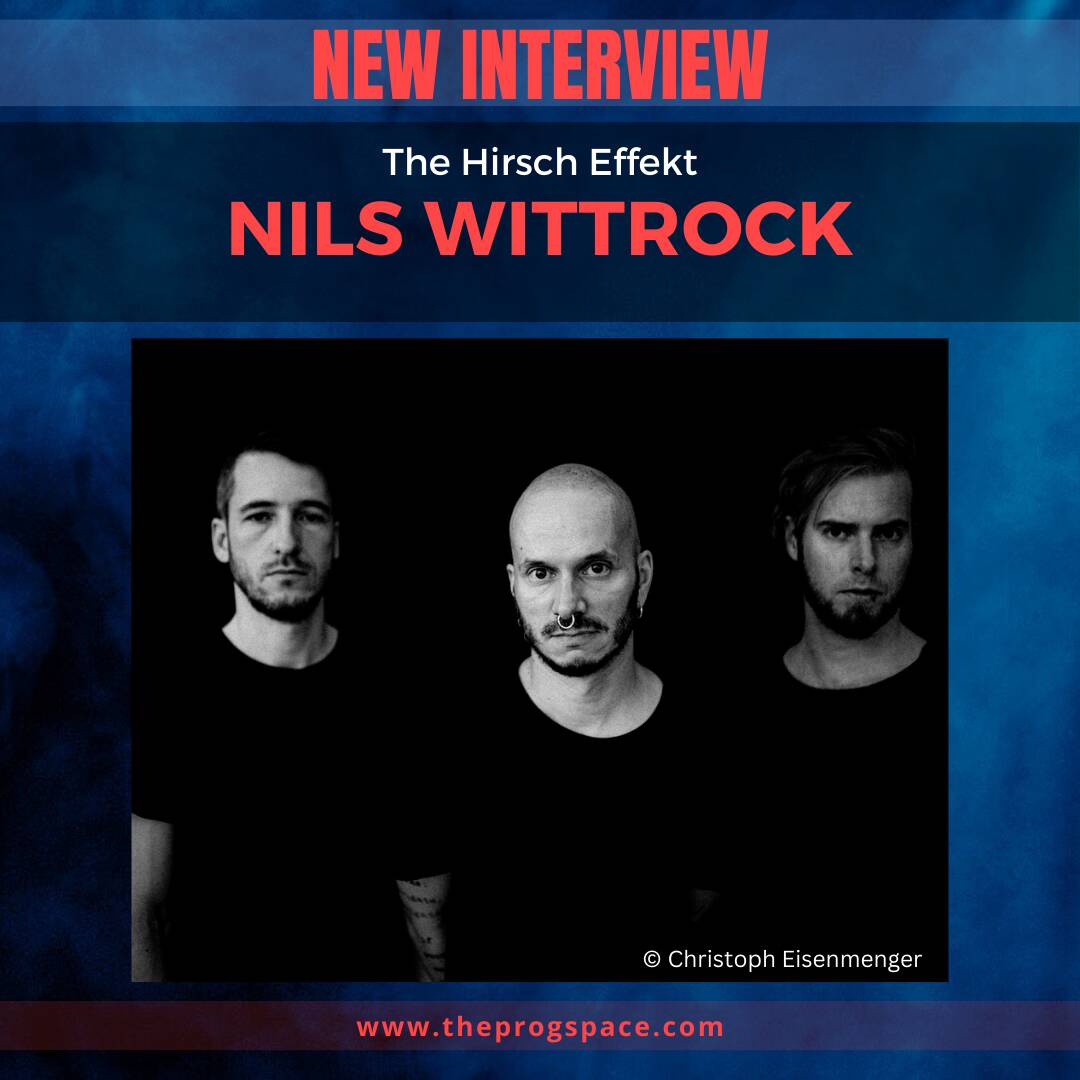
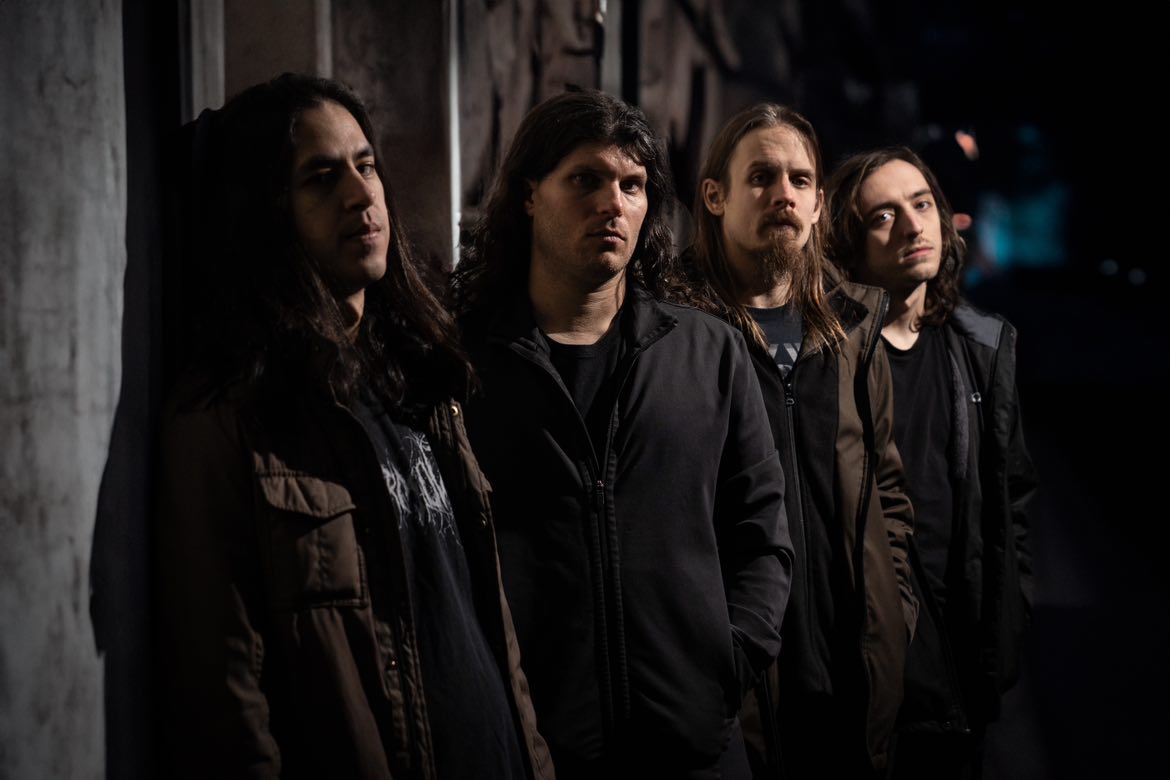
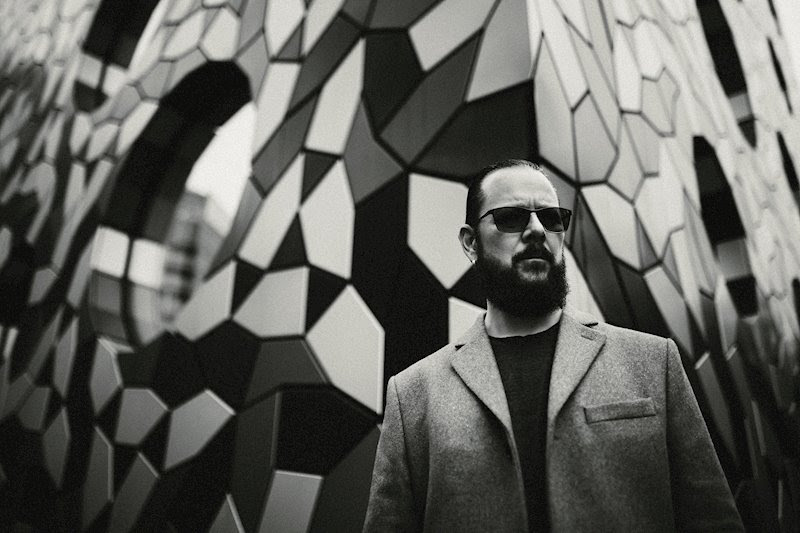
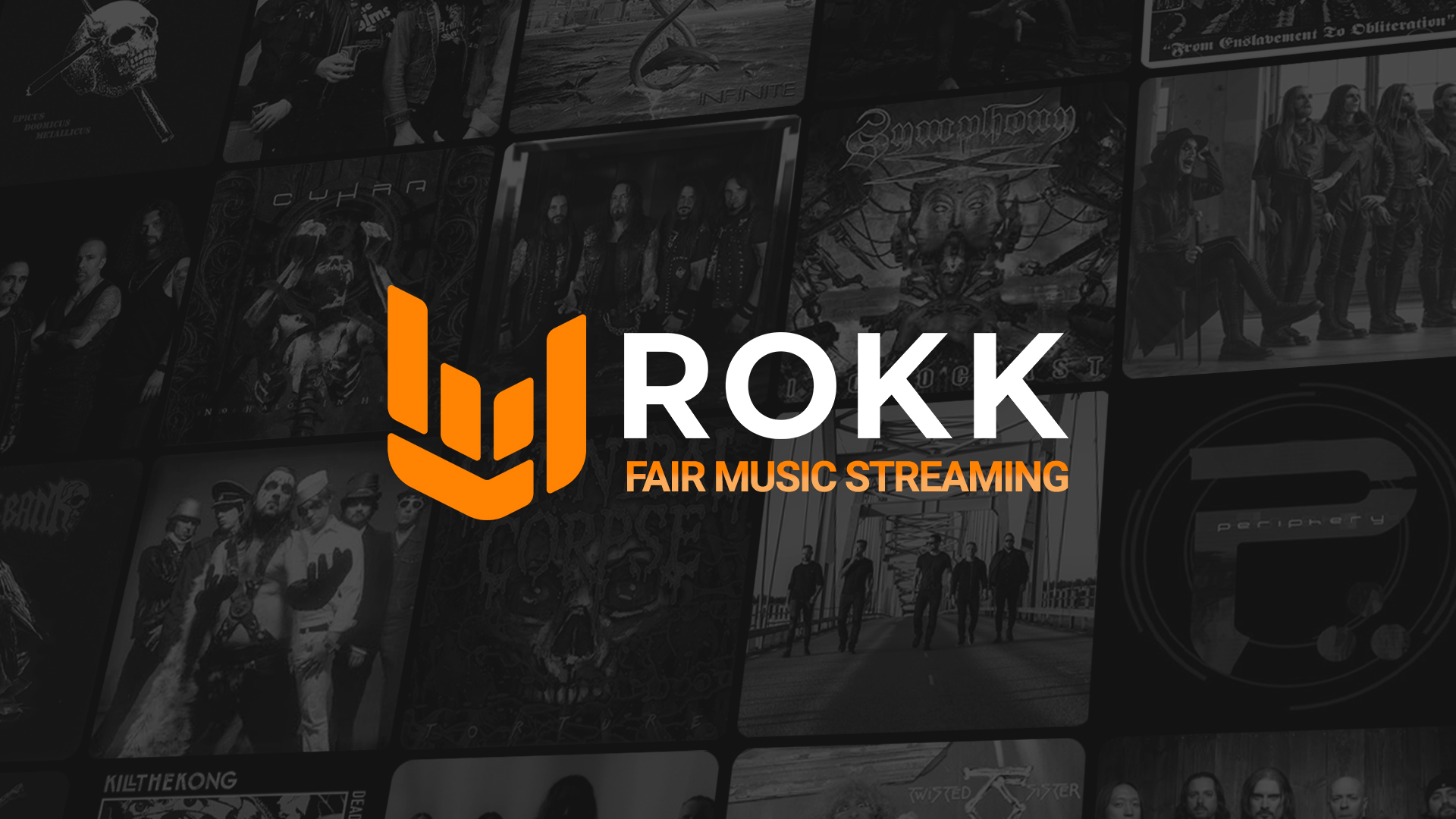
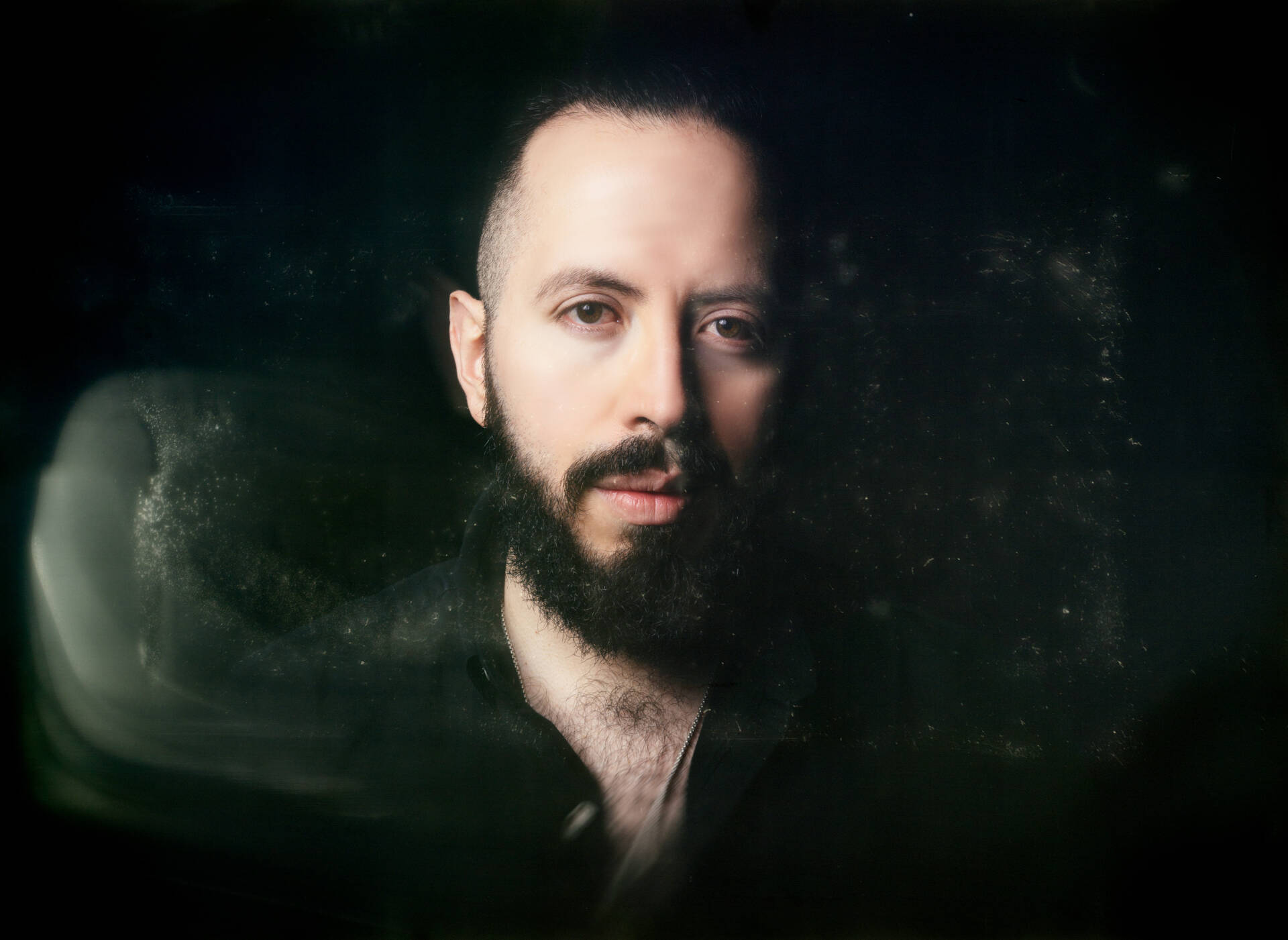
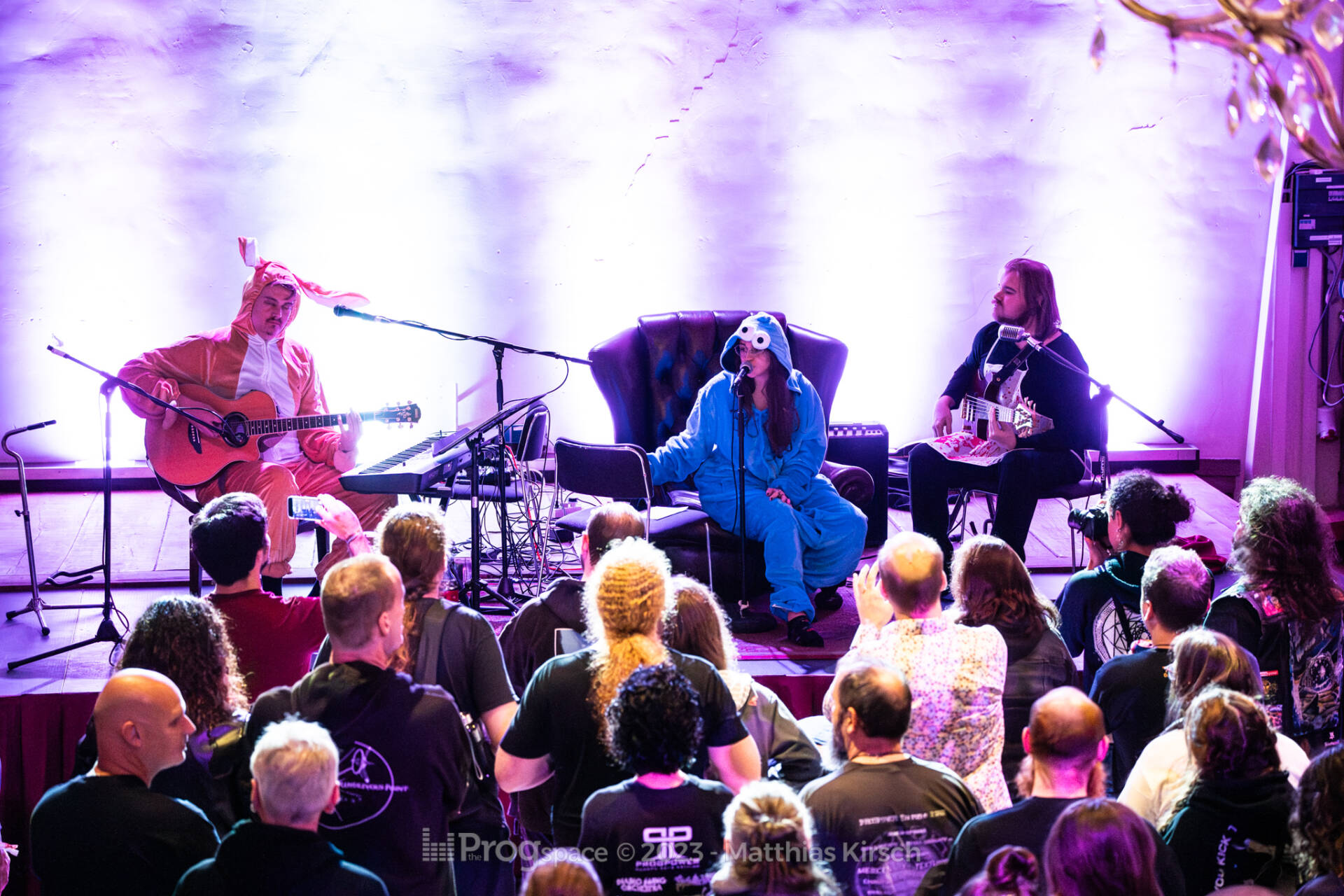
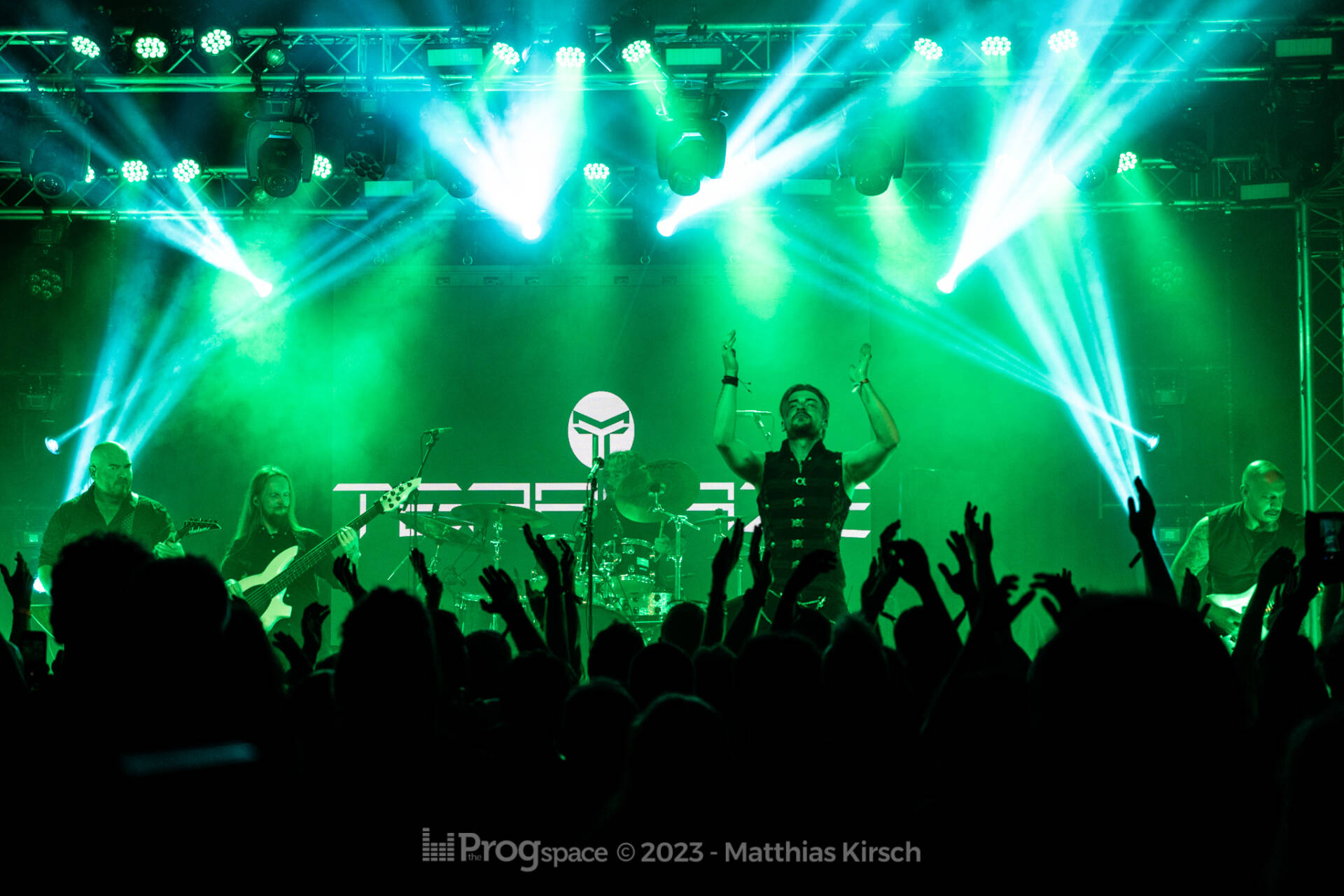
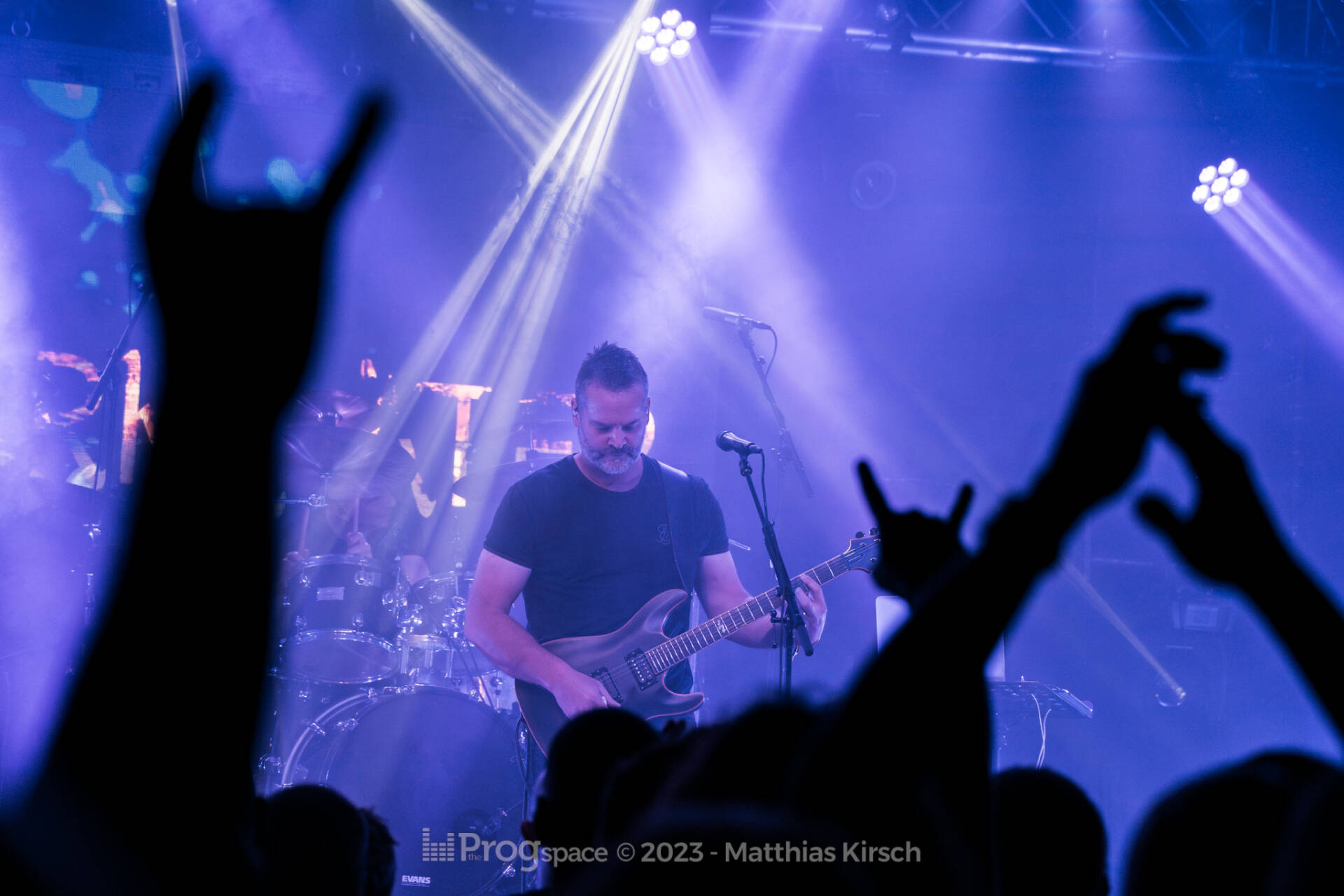
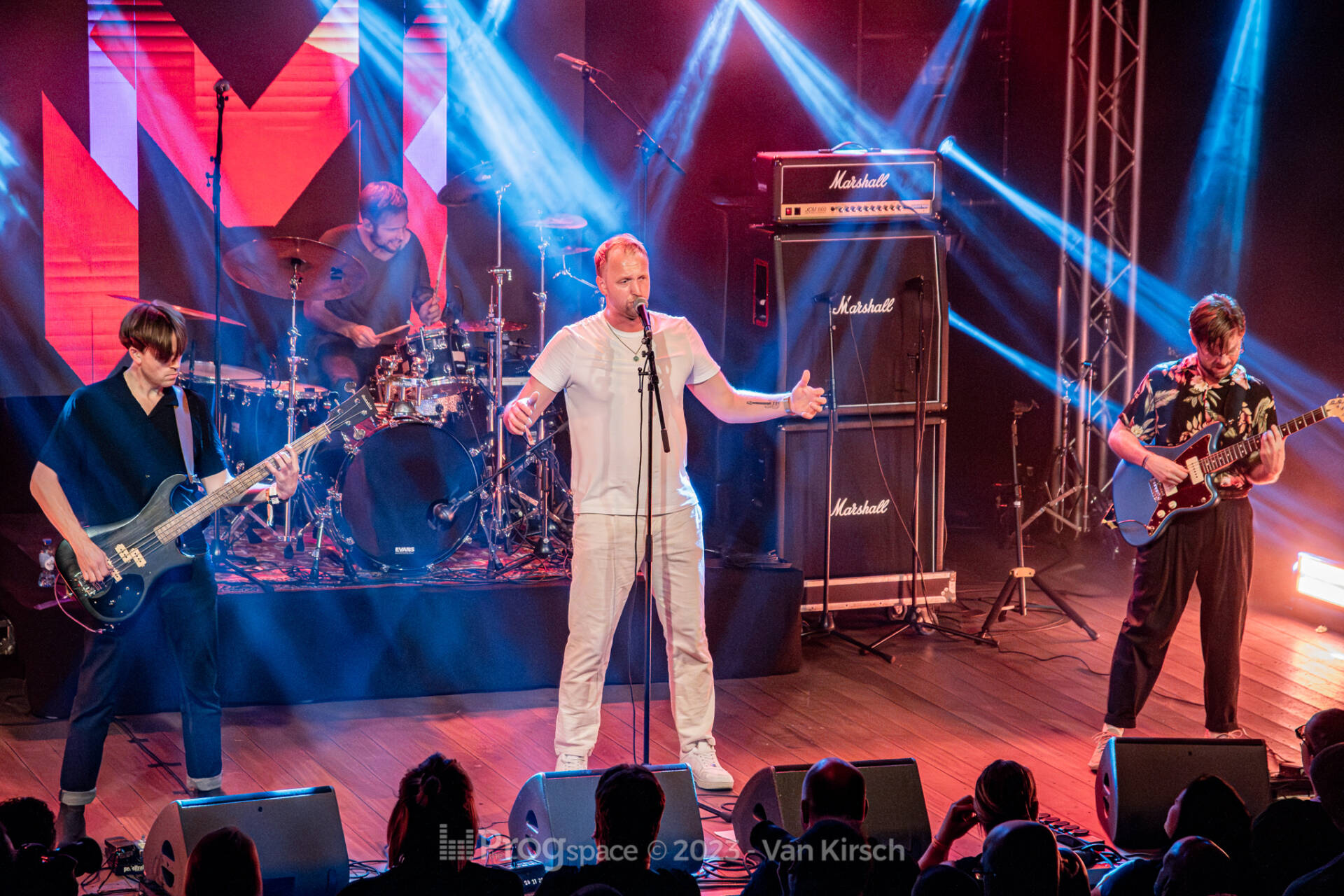
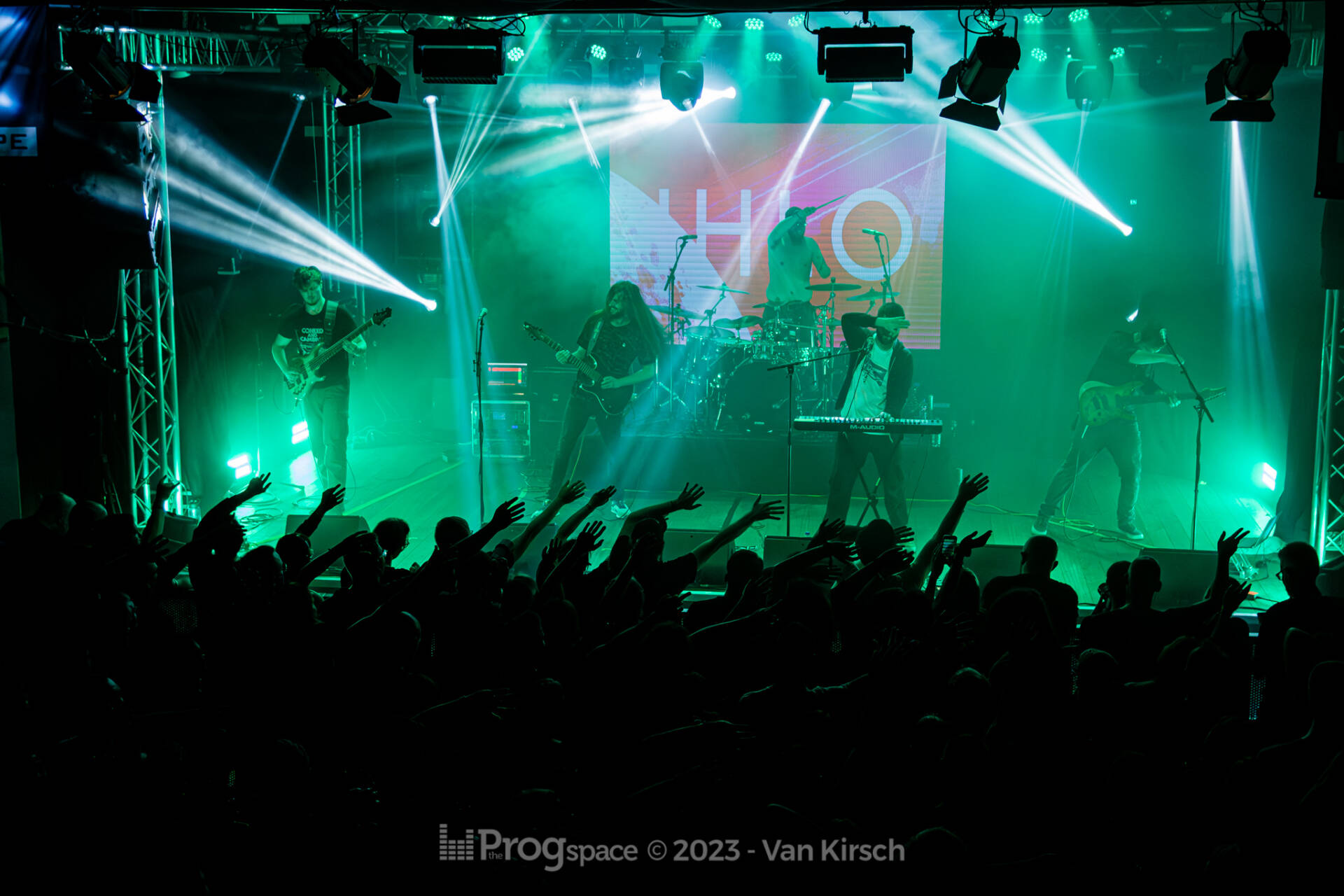
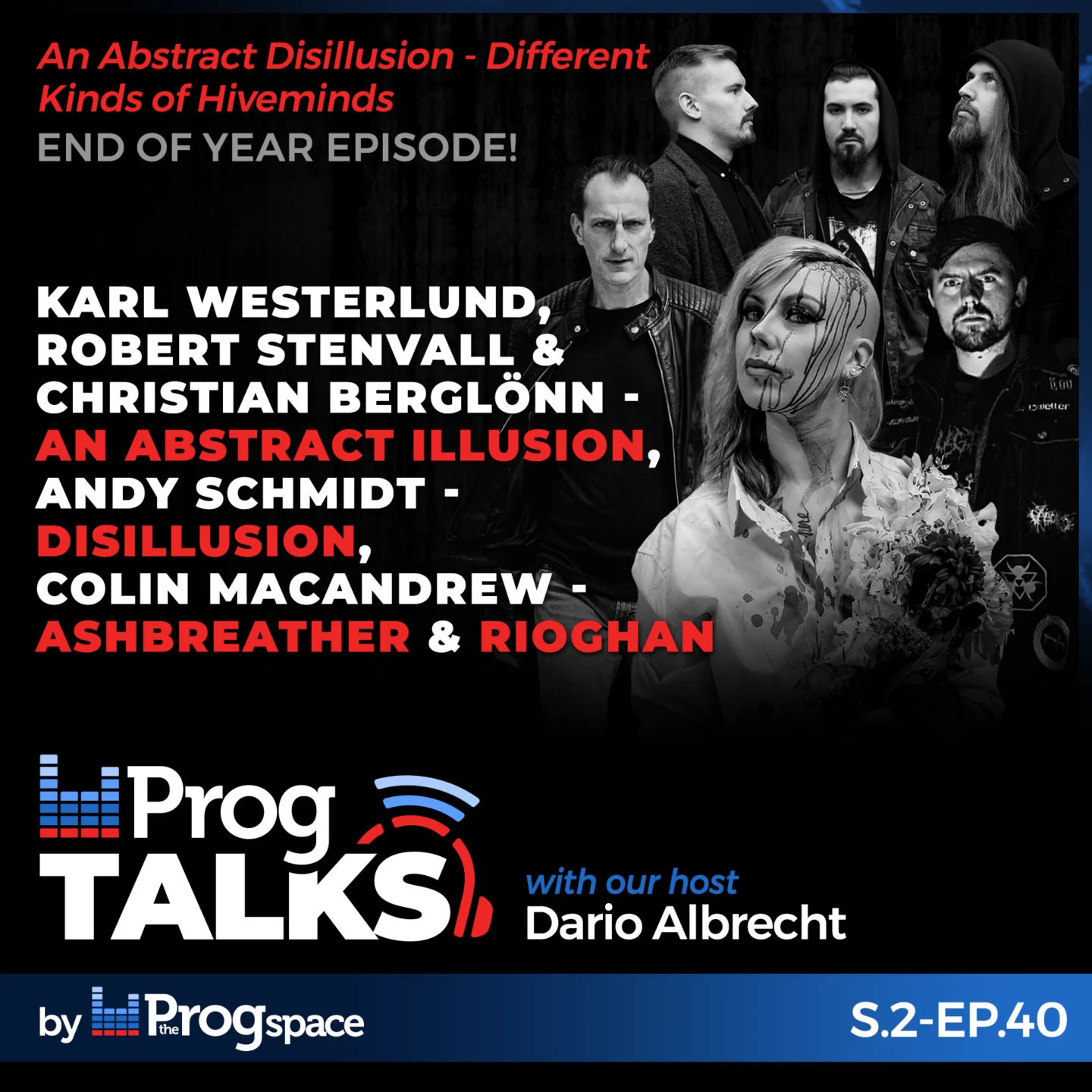
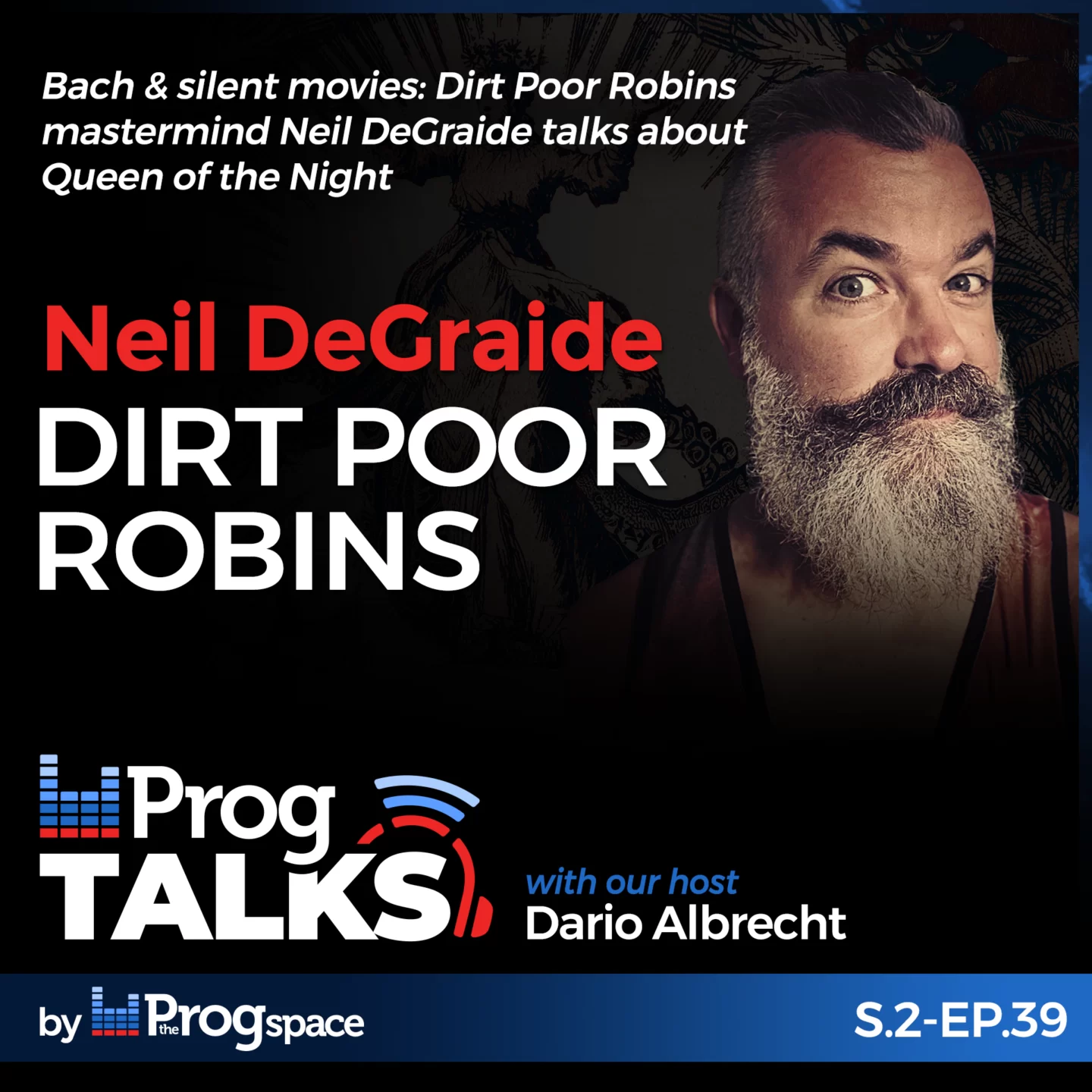
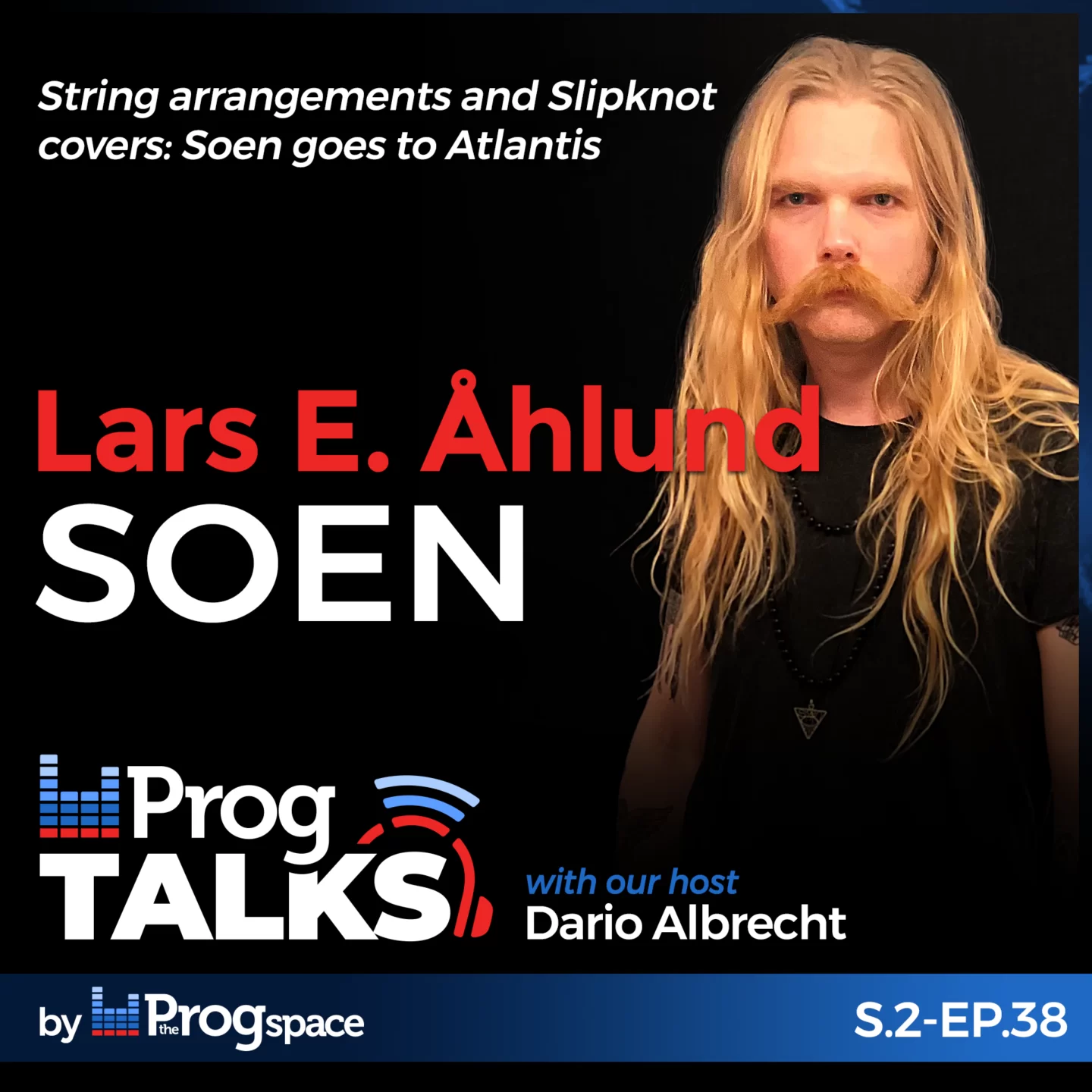
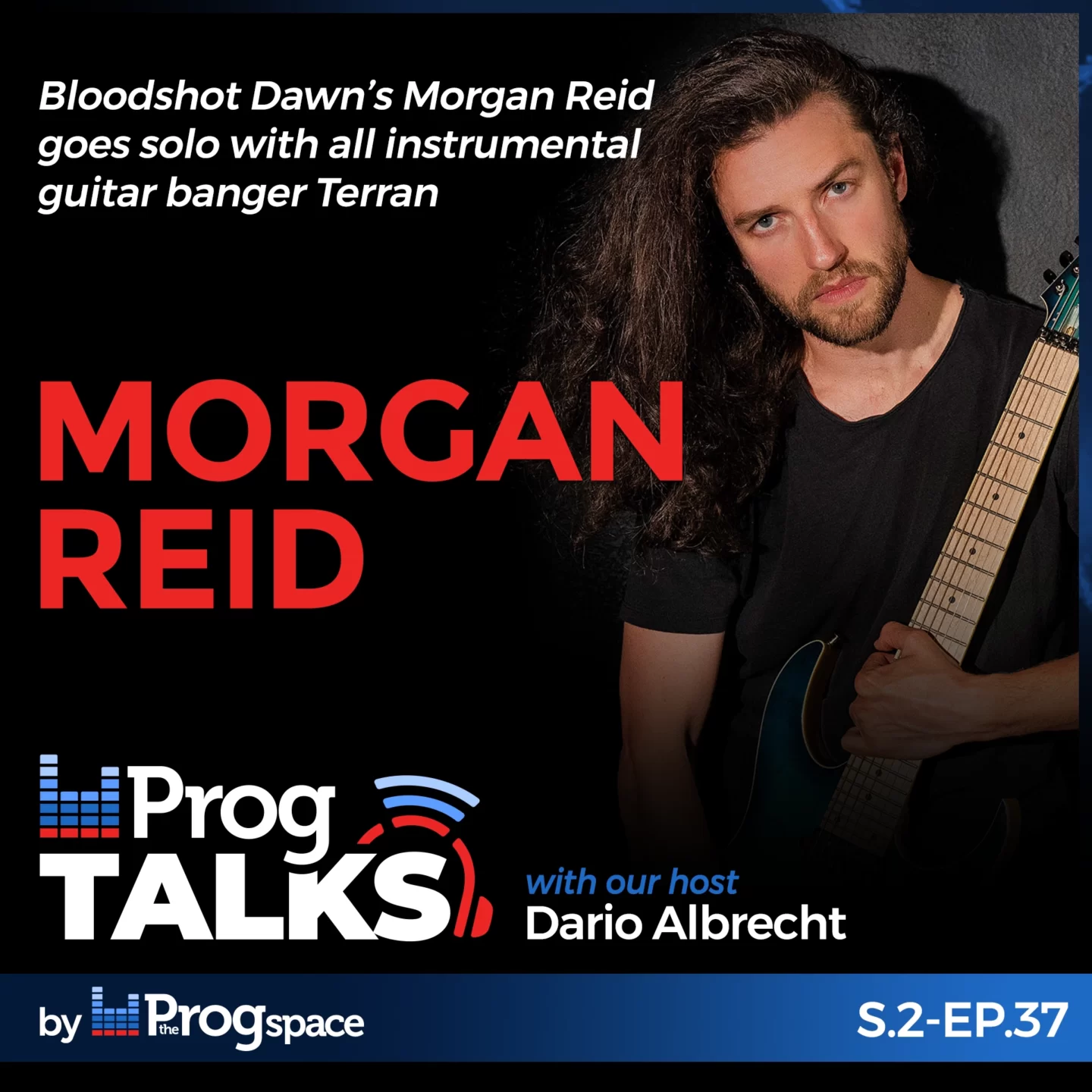
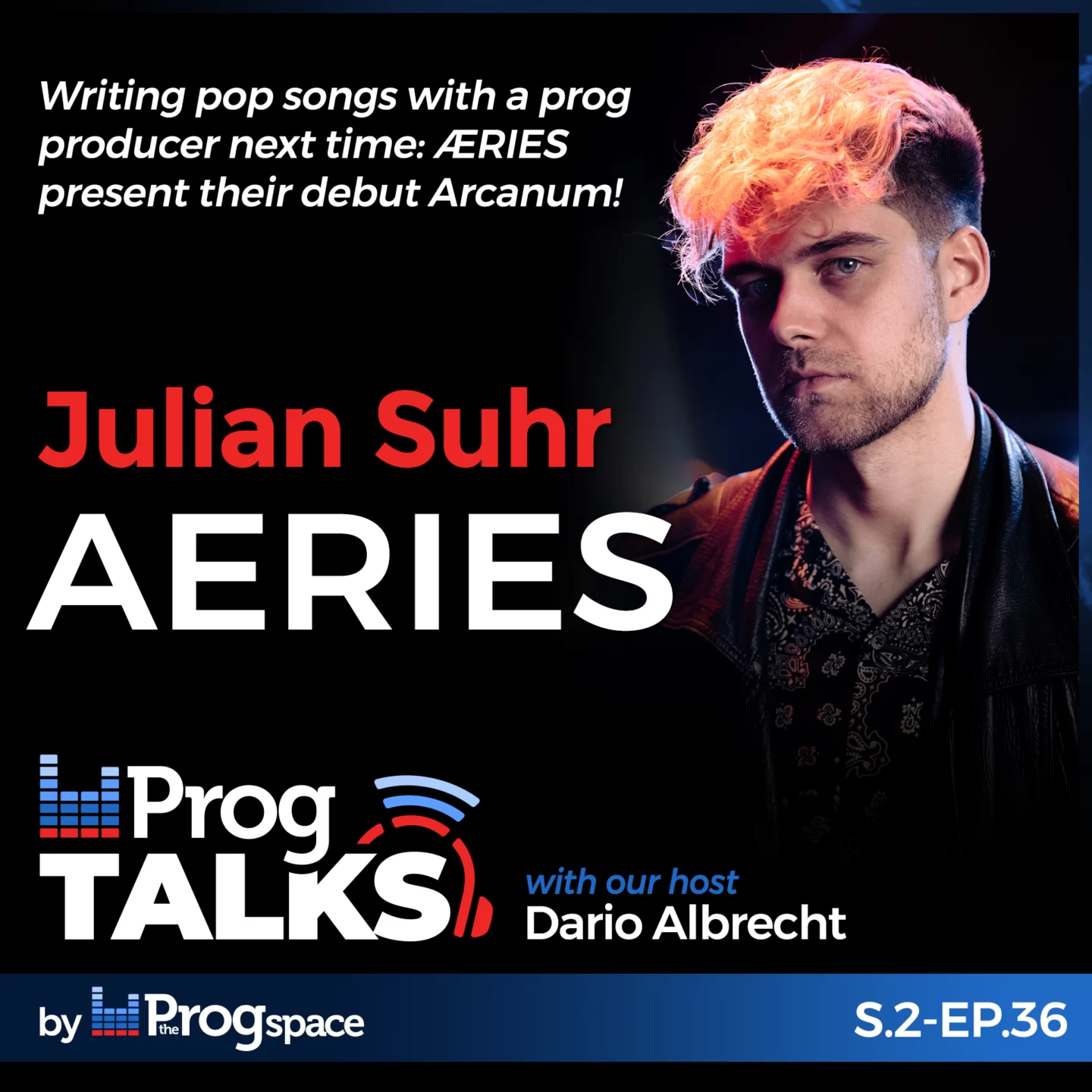
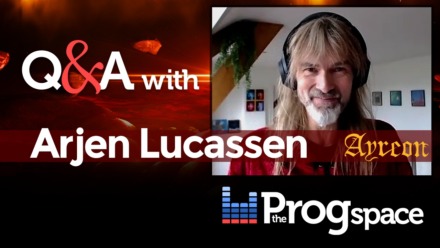

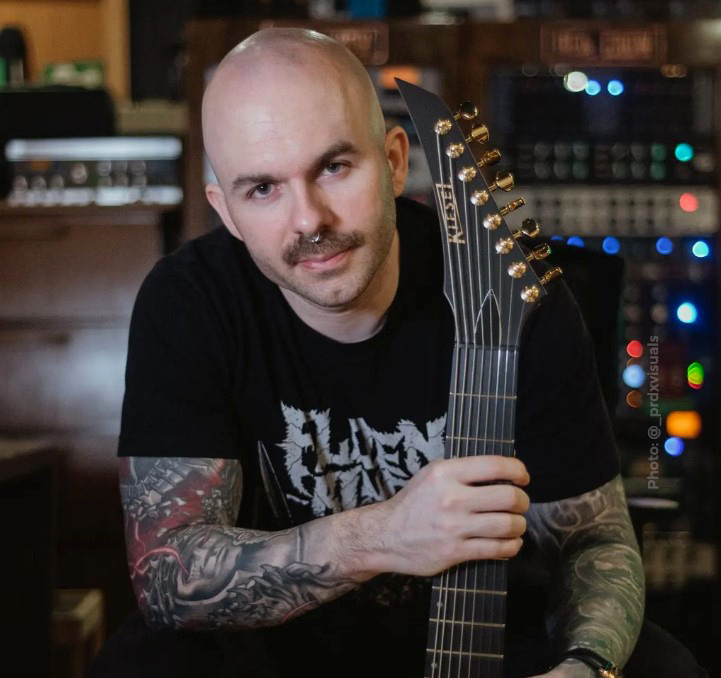


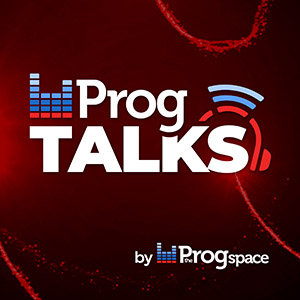
 We’re a group of Prog-lovers who started a journey to share with you our thoughts about albums, concerts, tours and festivals, the photo galleries of the Prog concerts we visit, as well interviews with upcoming or established musicians or prog-related people. Follow our Facebook page for frequent updates and news around the Progniverse.
We’re a group of Prog-lovers who started a journey to share with you our thoughts about albums, concerts, tours and festivals, the photo galleries of the Prog concerts we visit, as well interviews with upcoming or established musicians or prog-related people. Follow our Facebook page for frequent updates and news around the Progniverse.